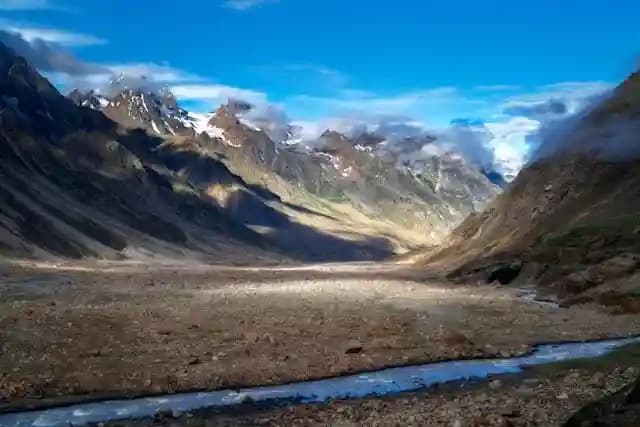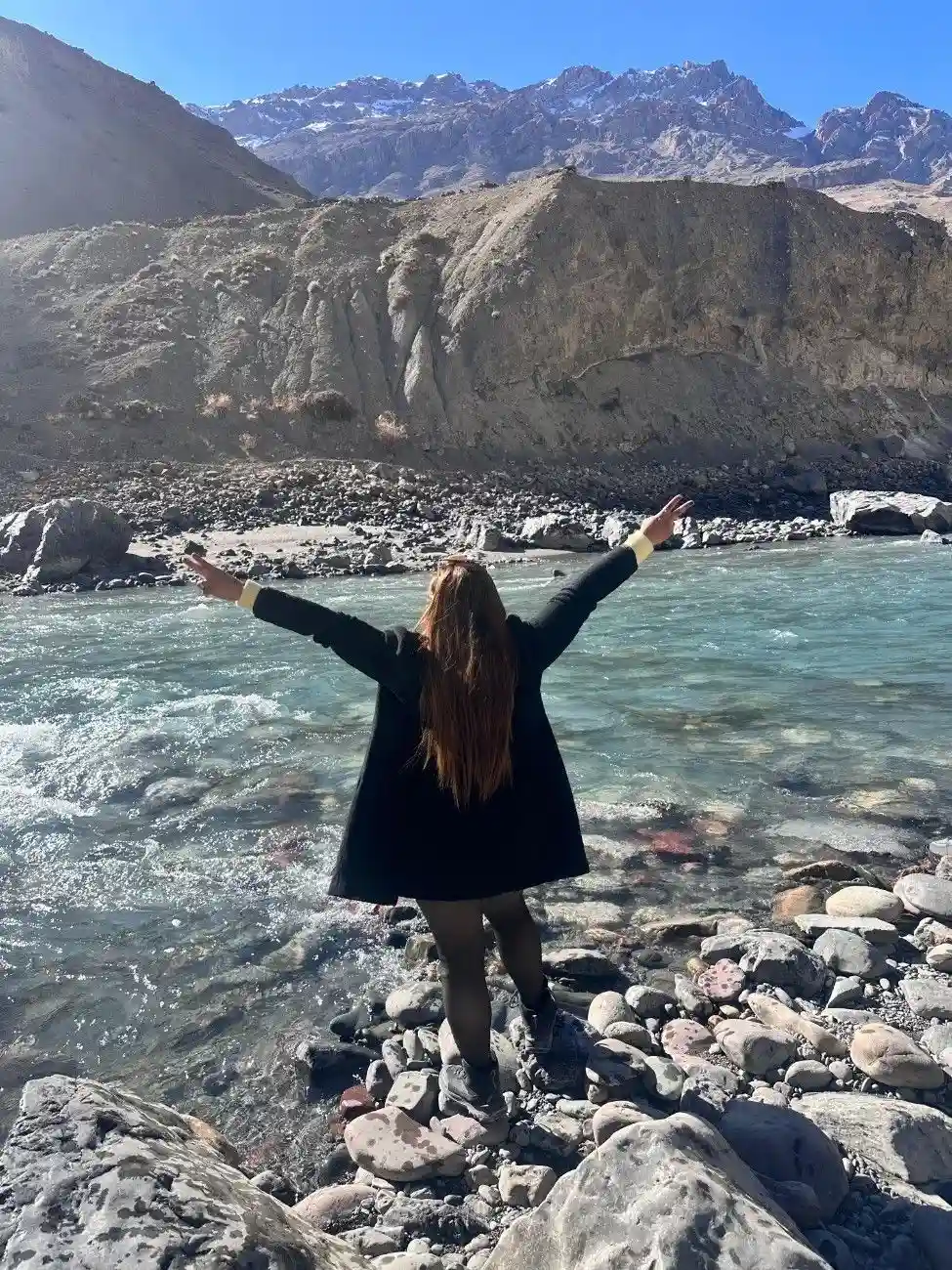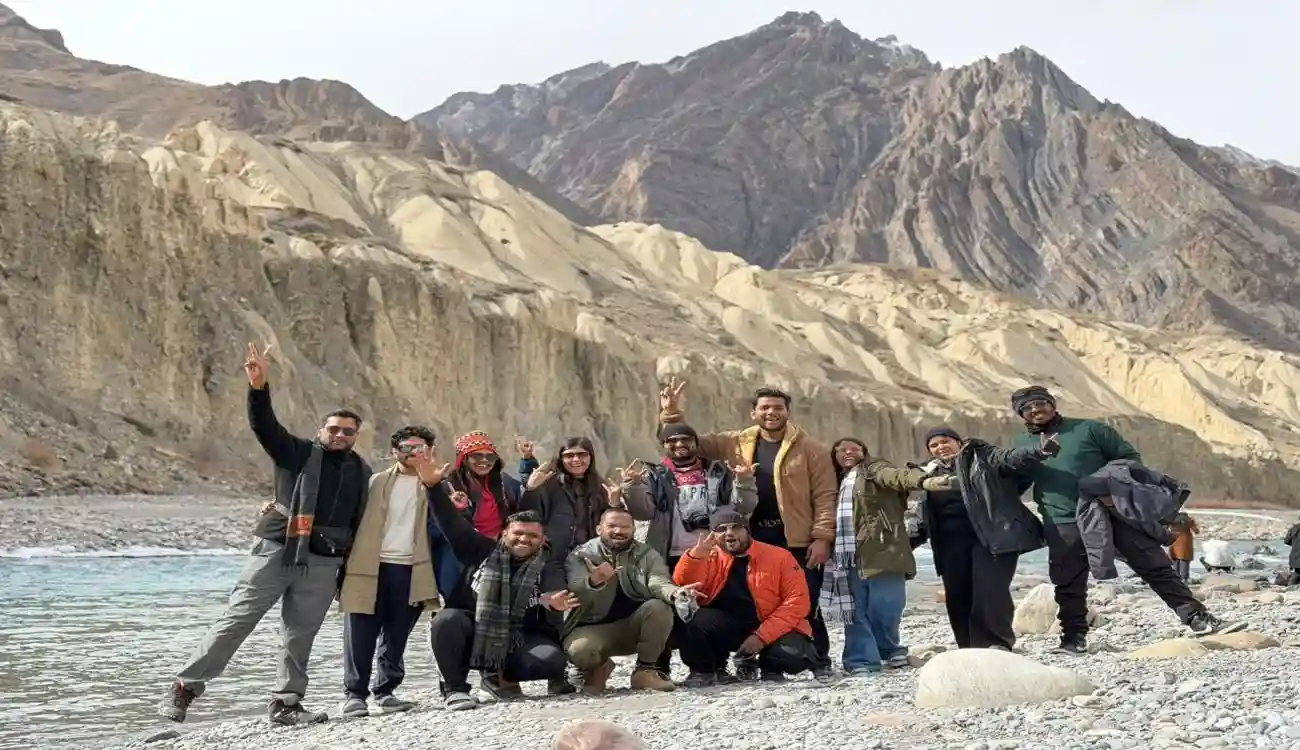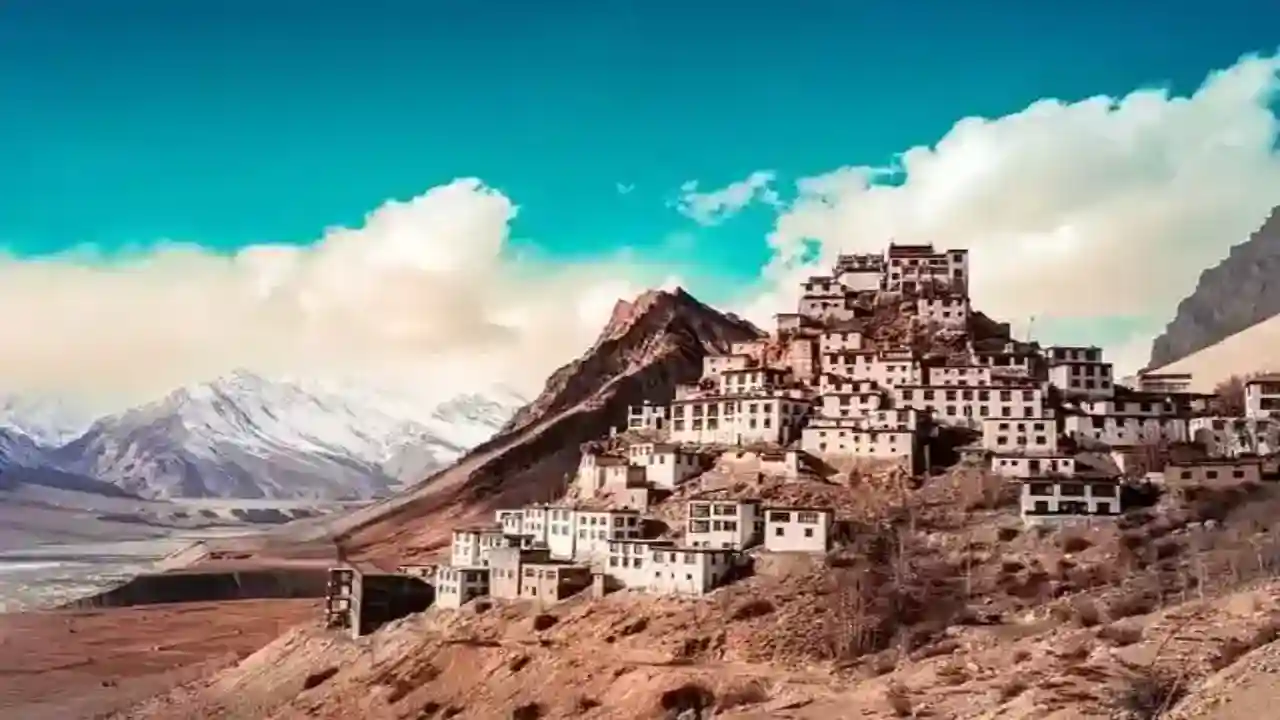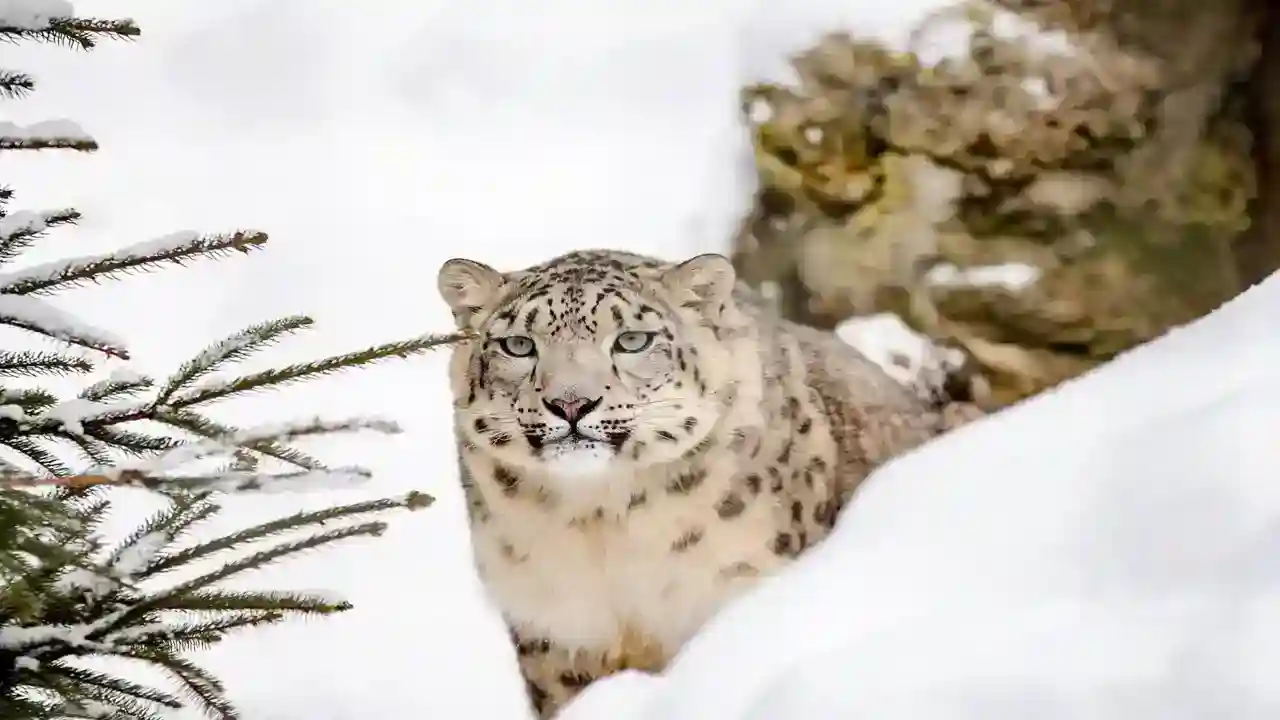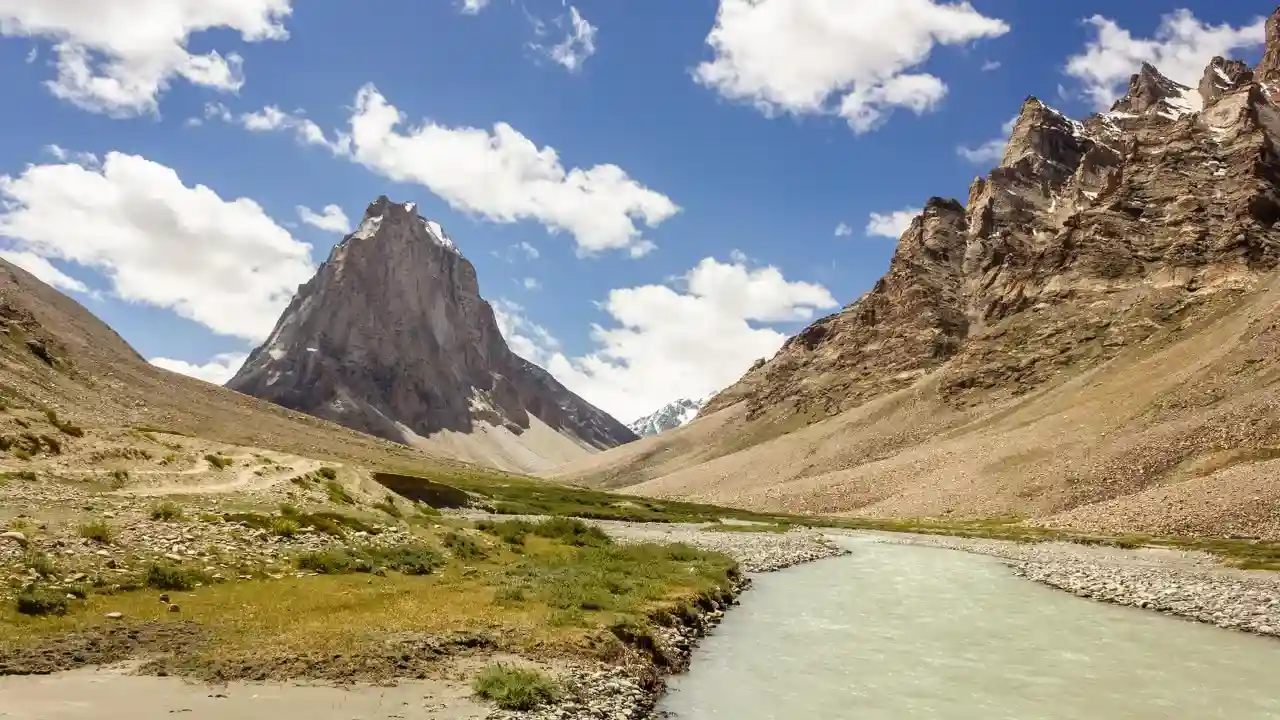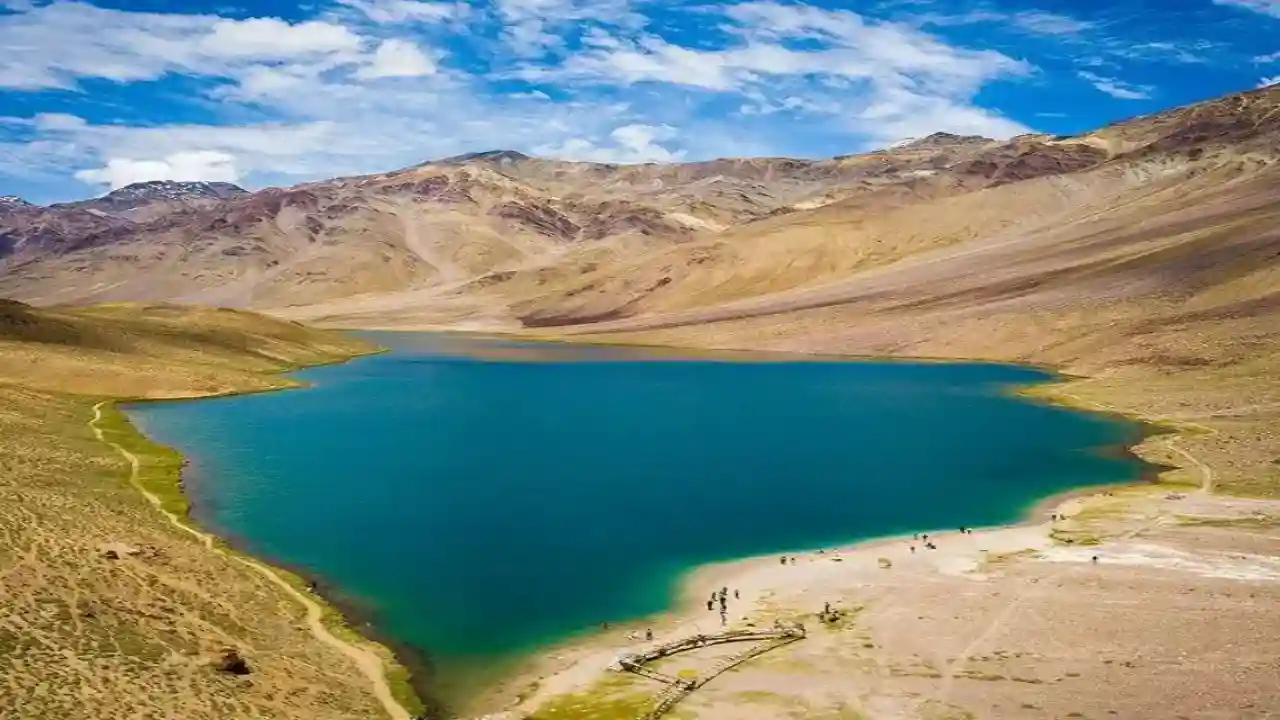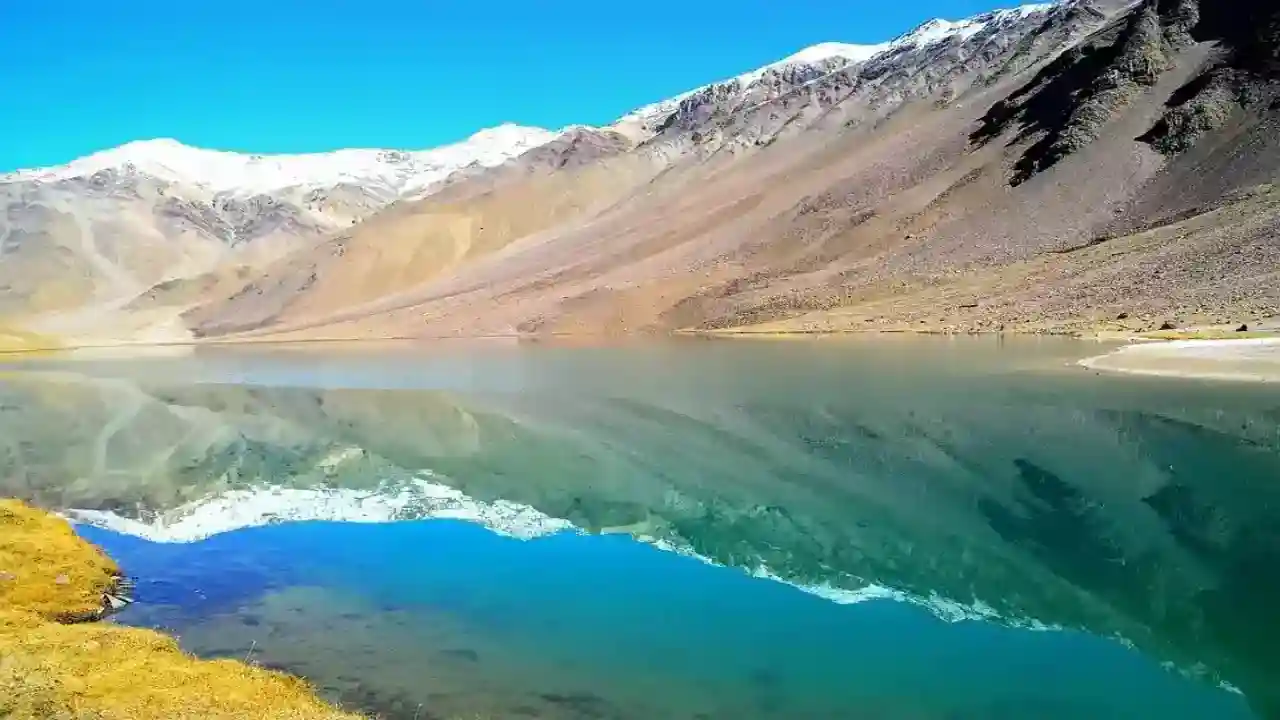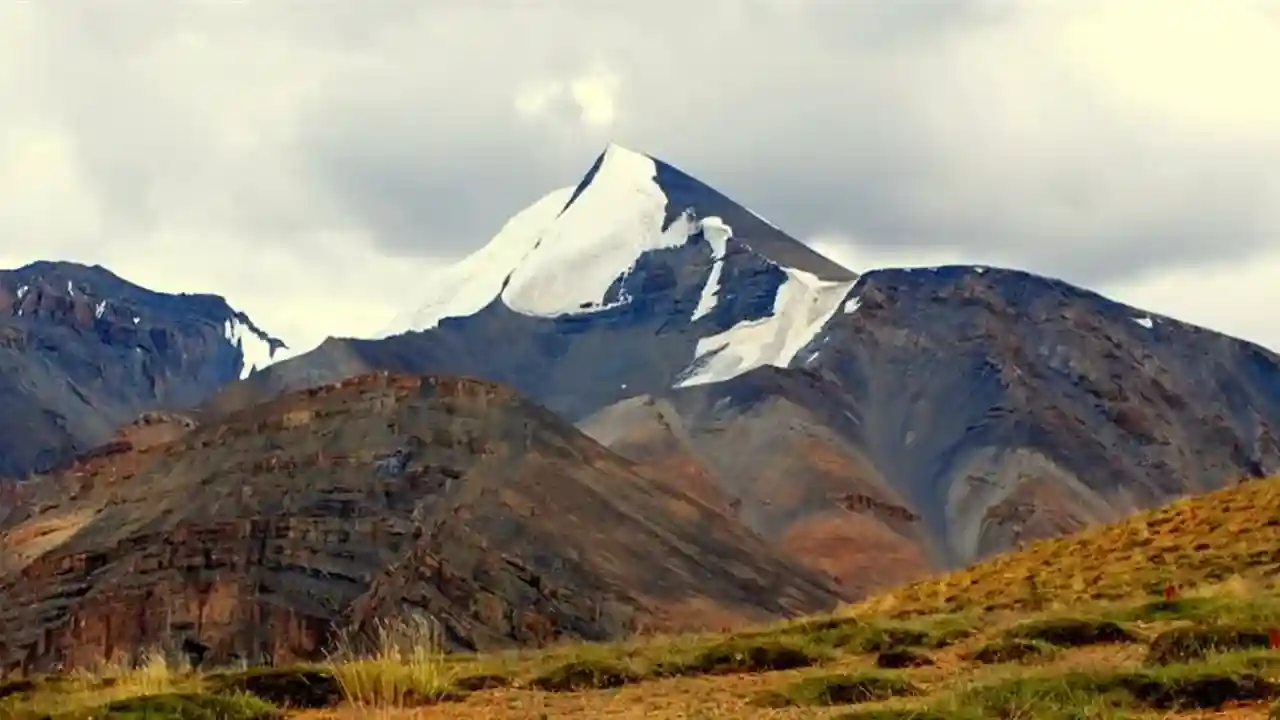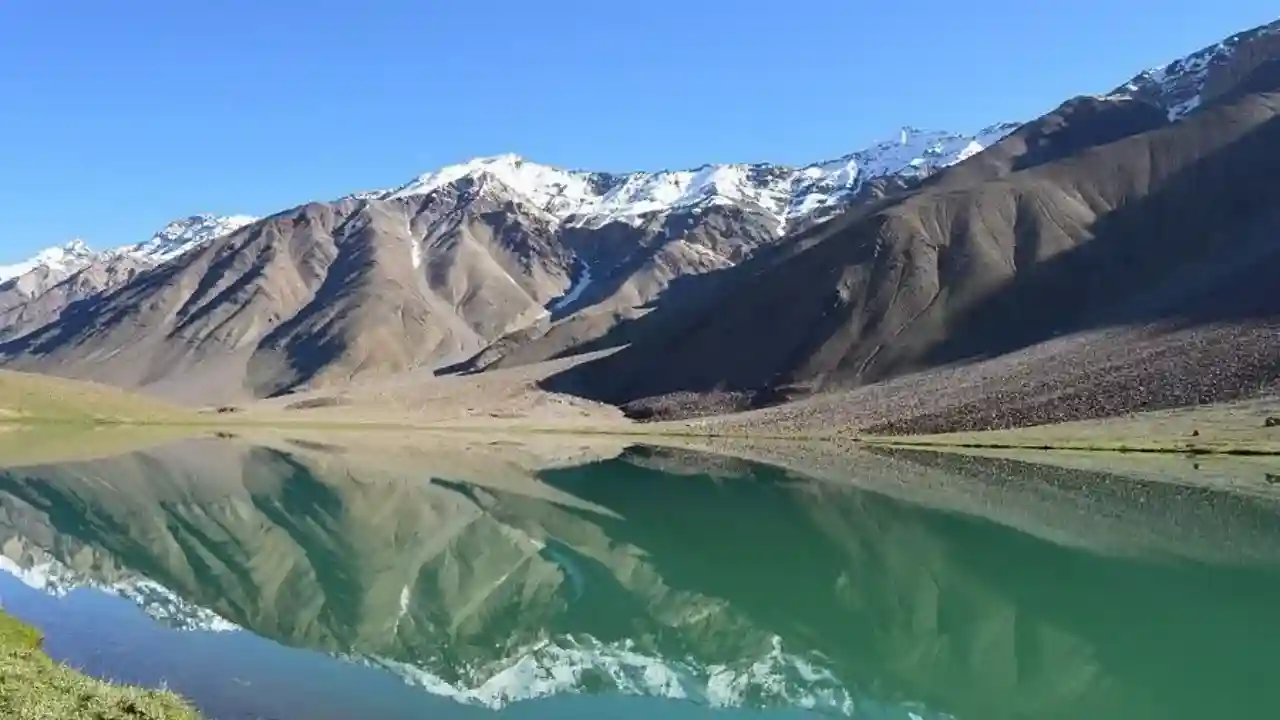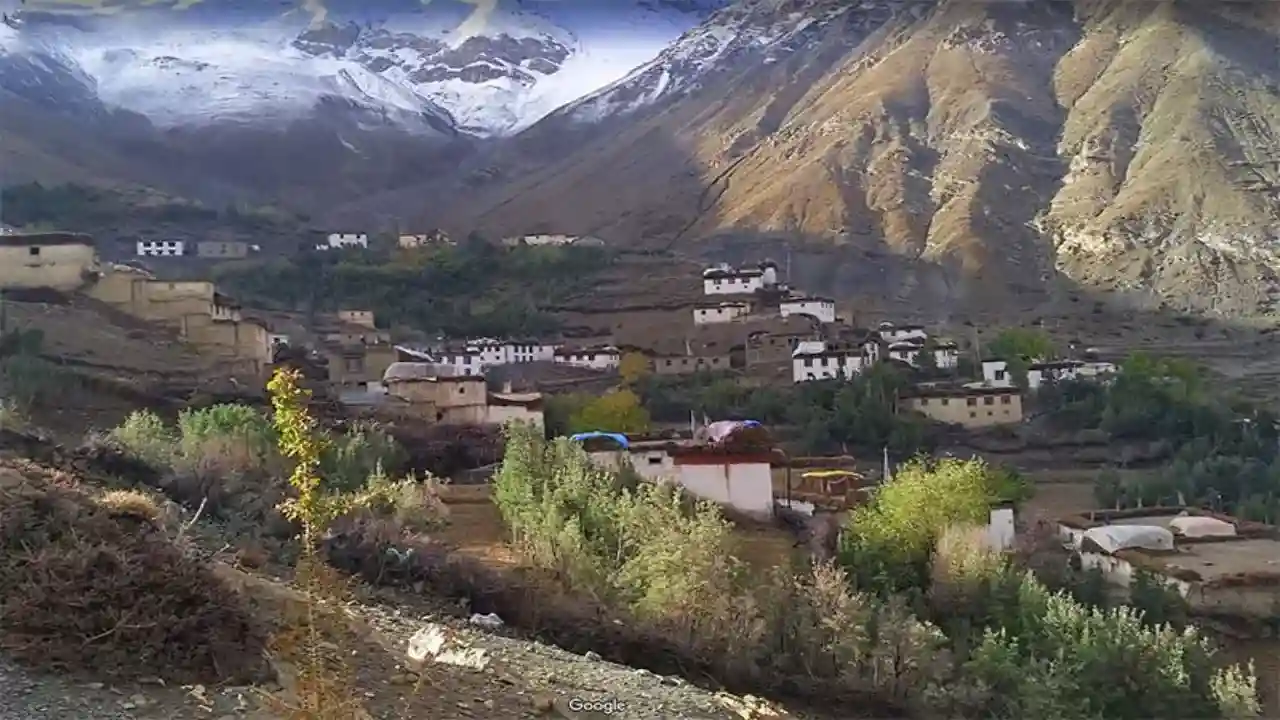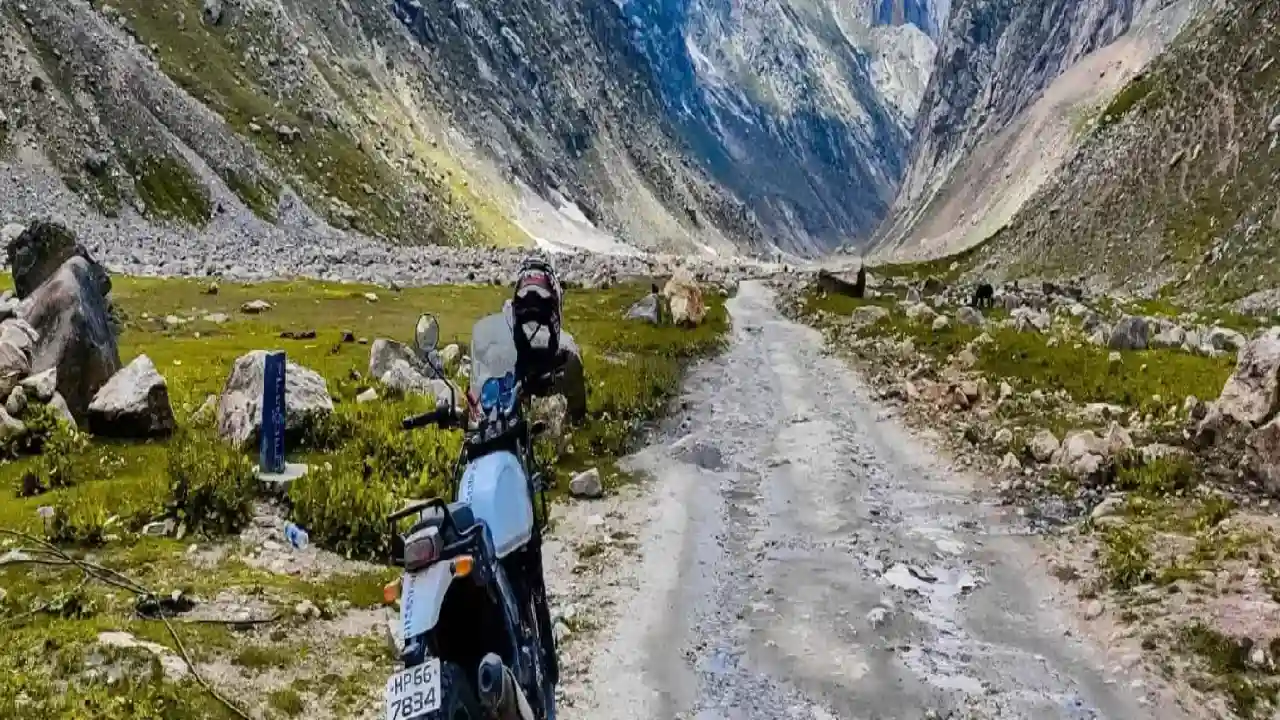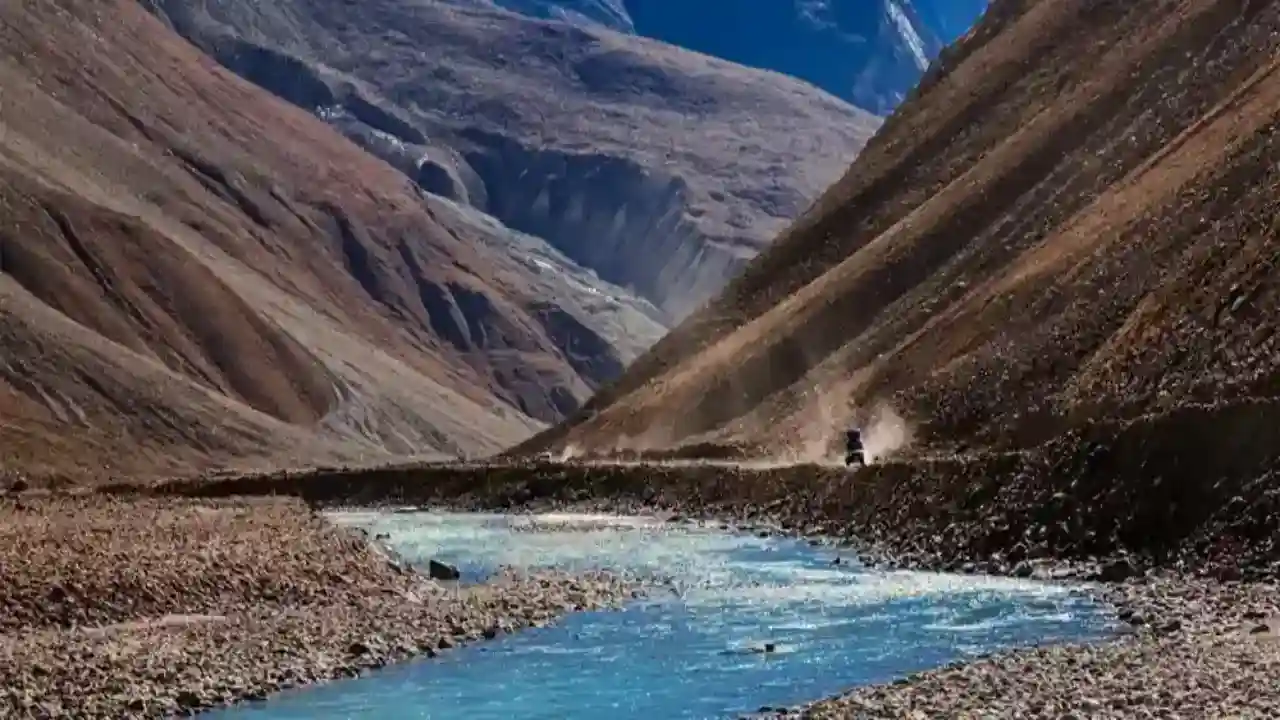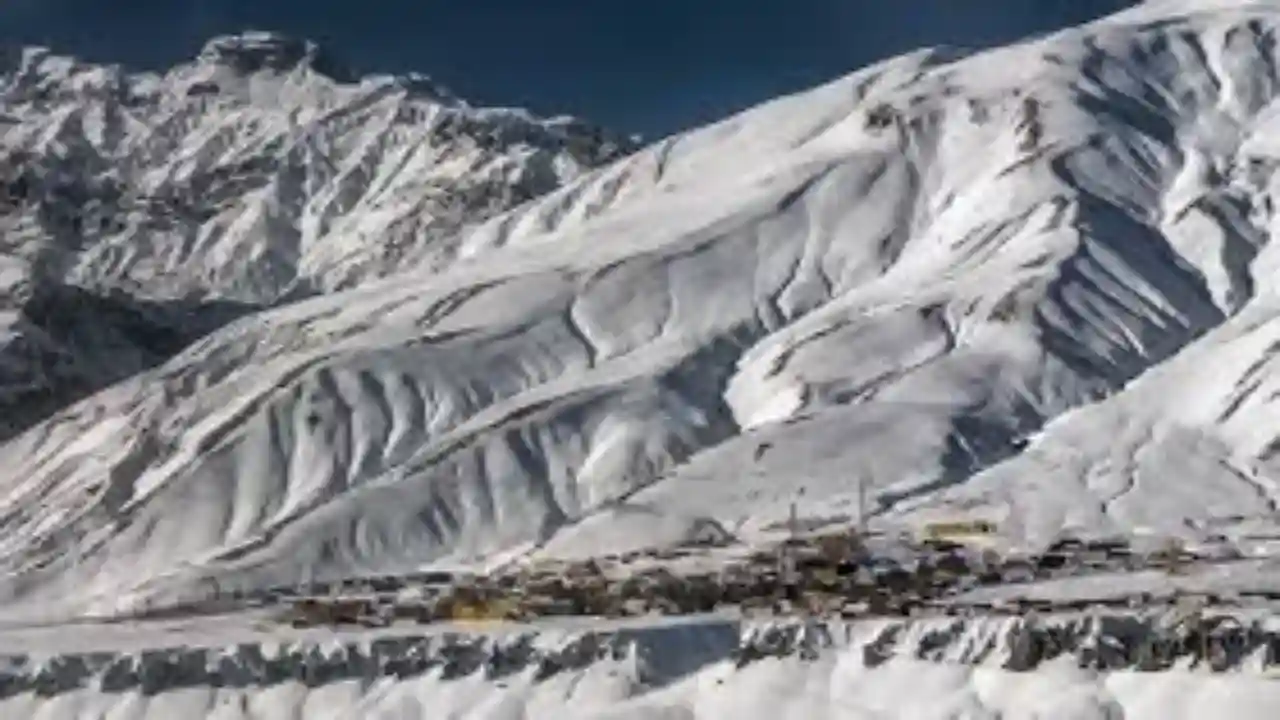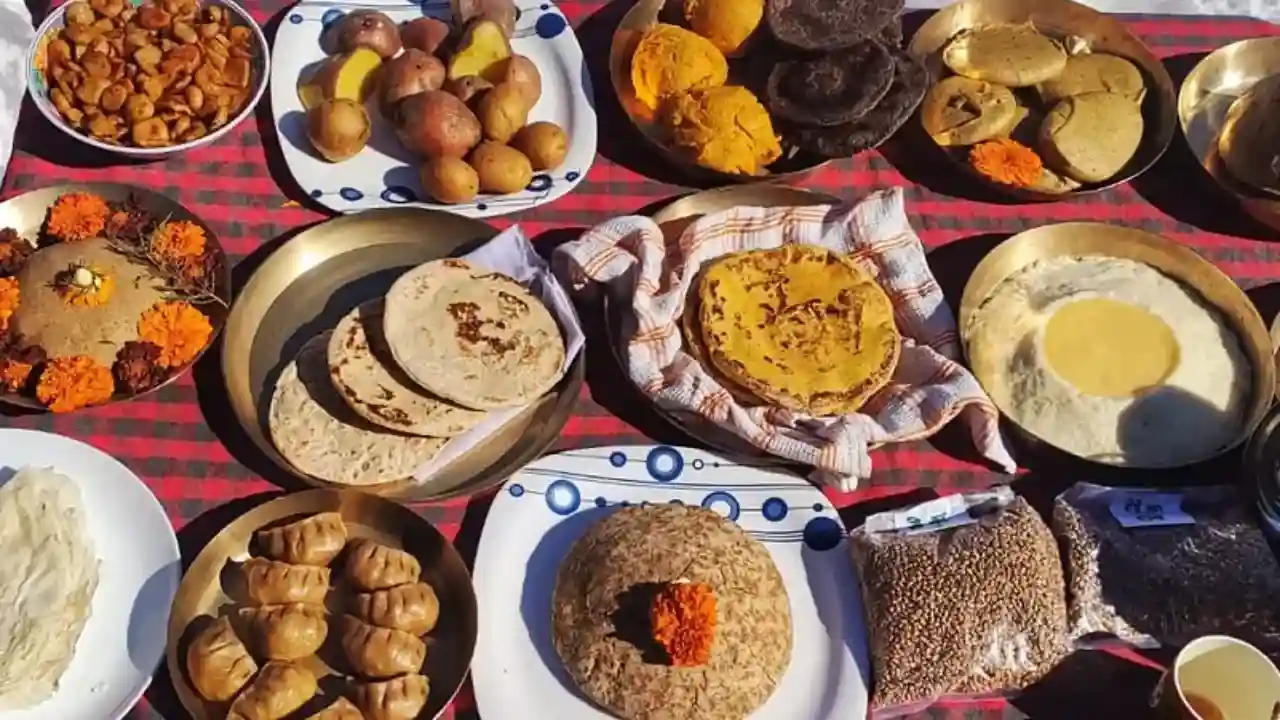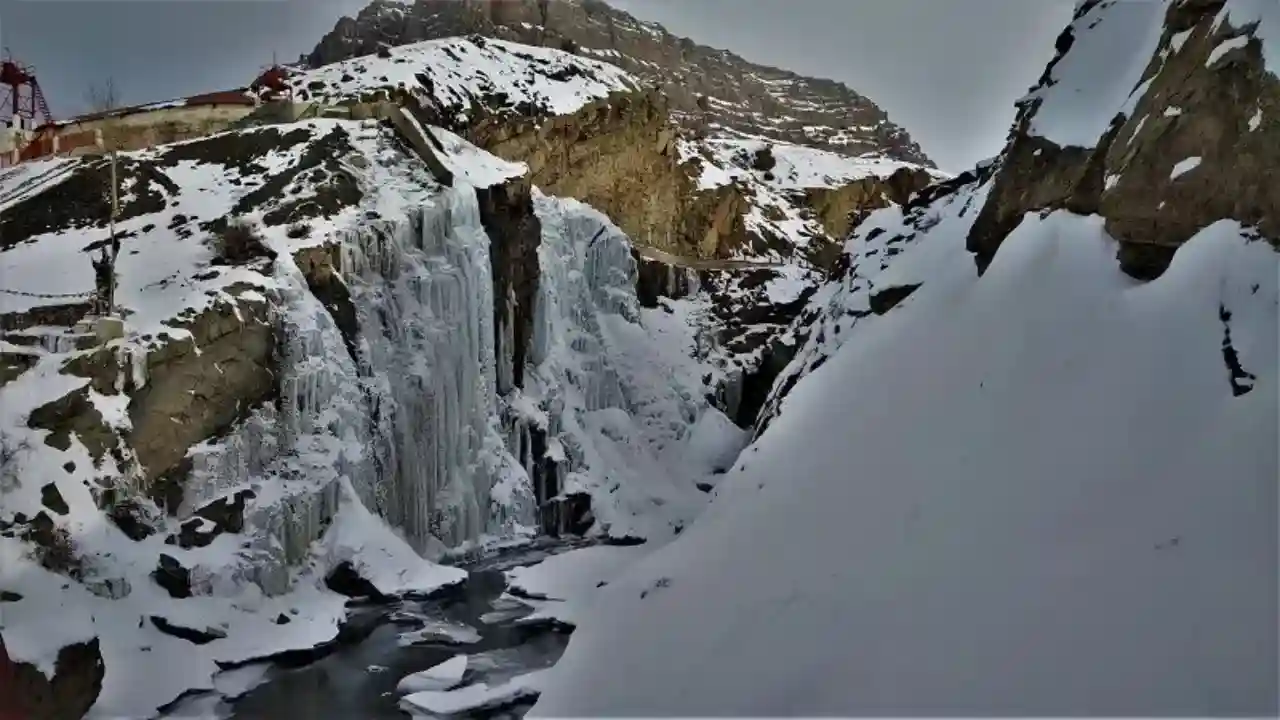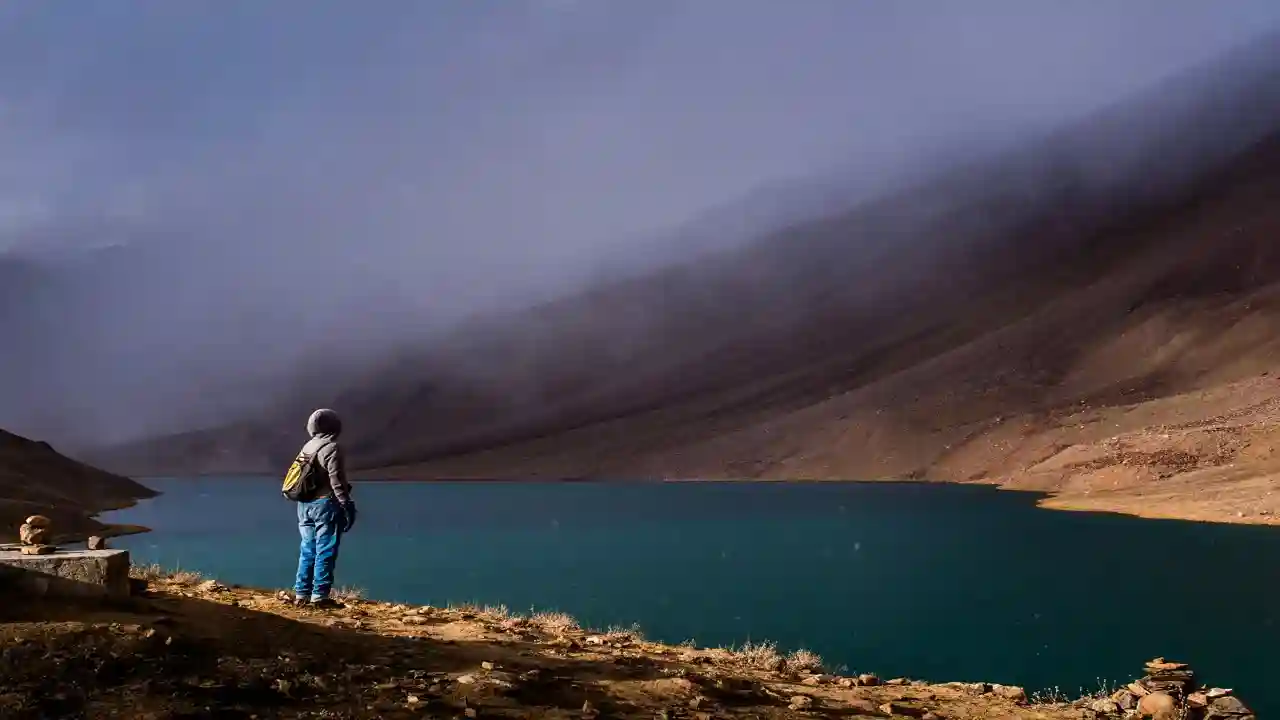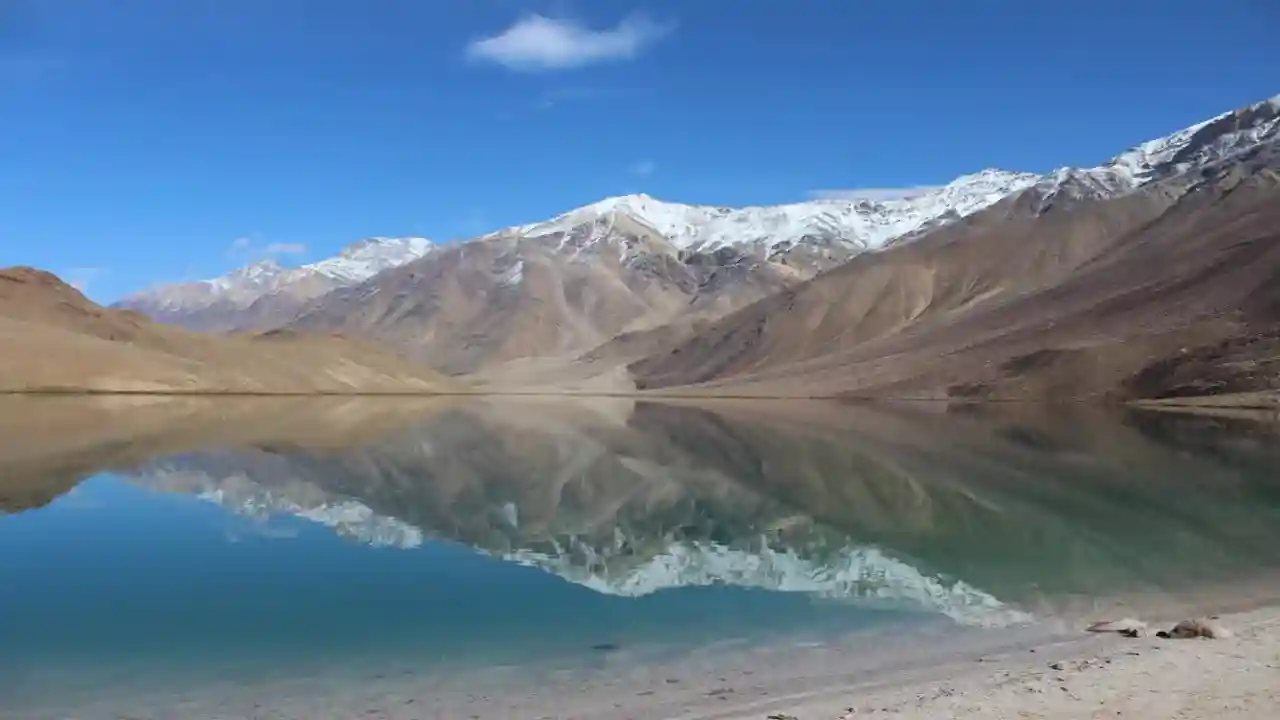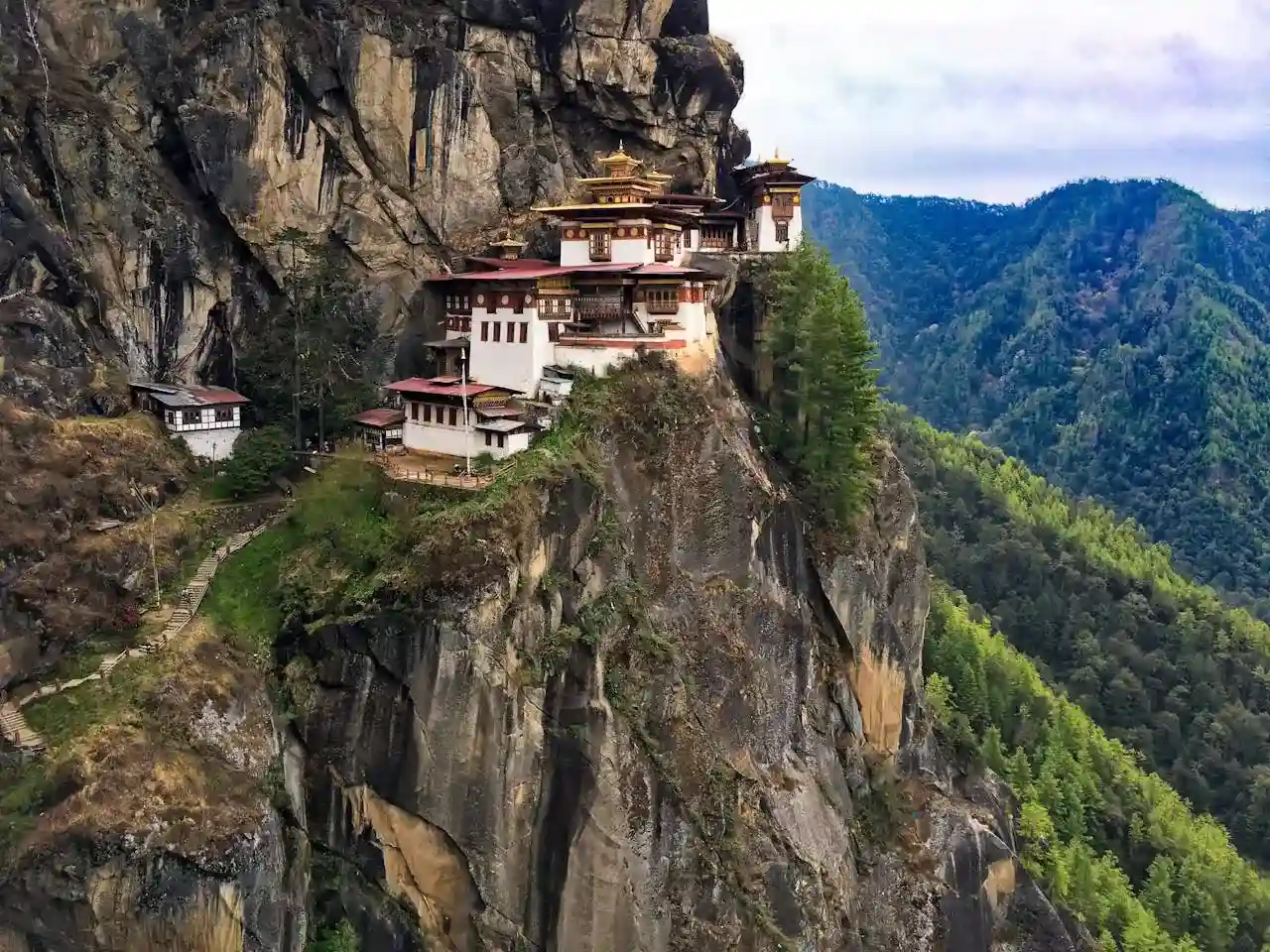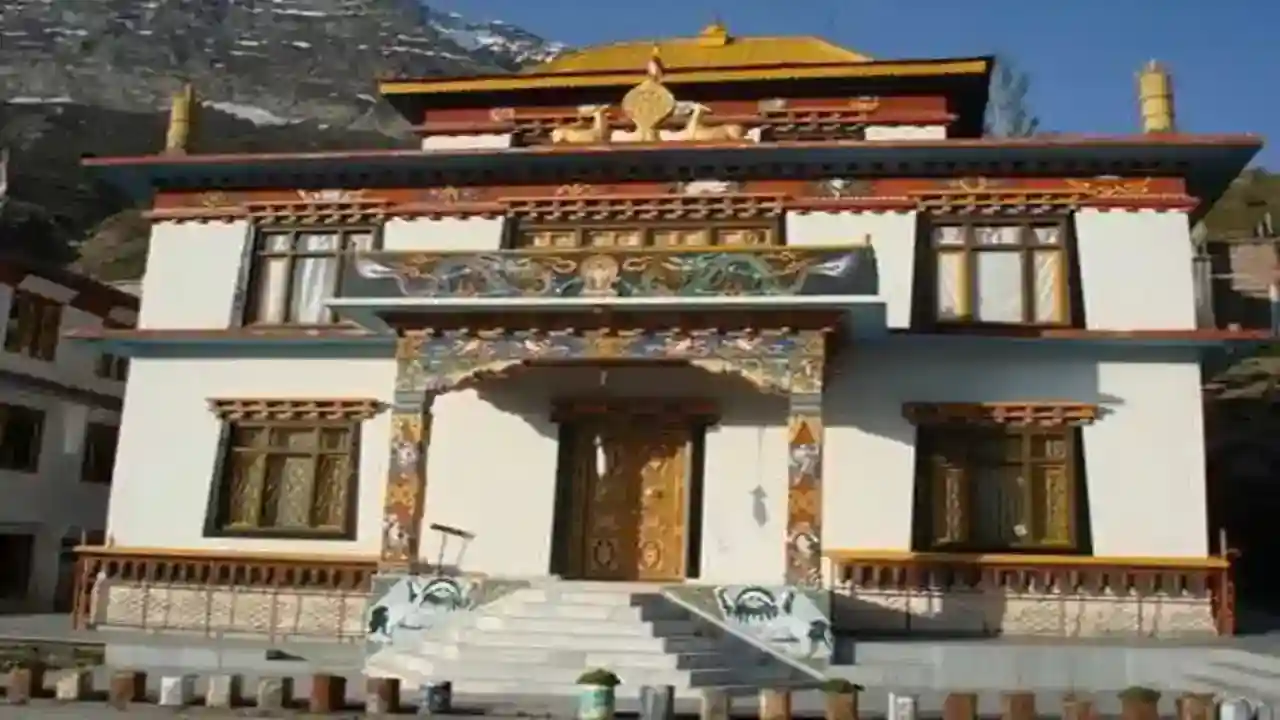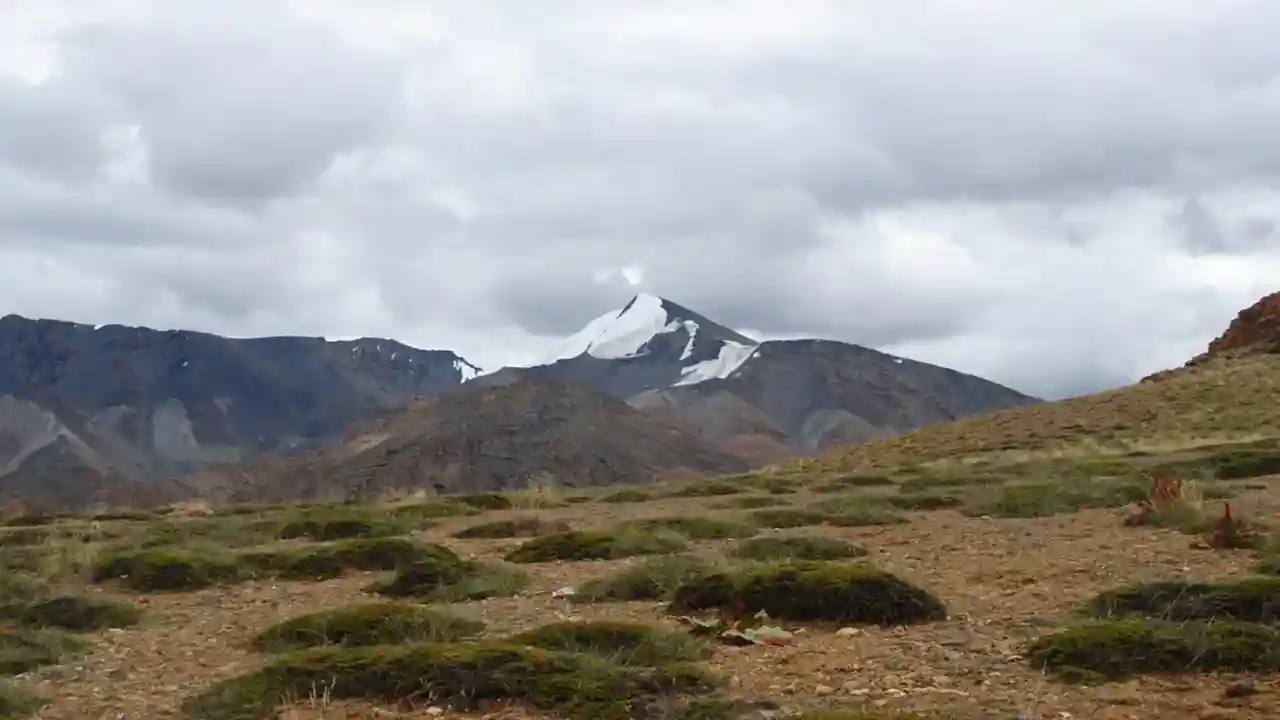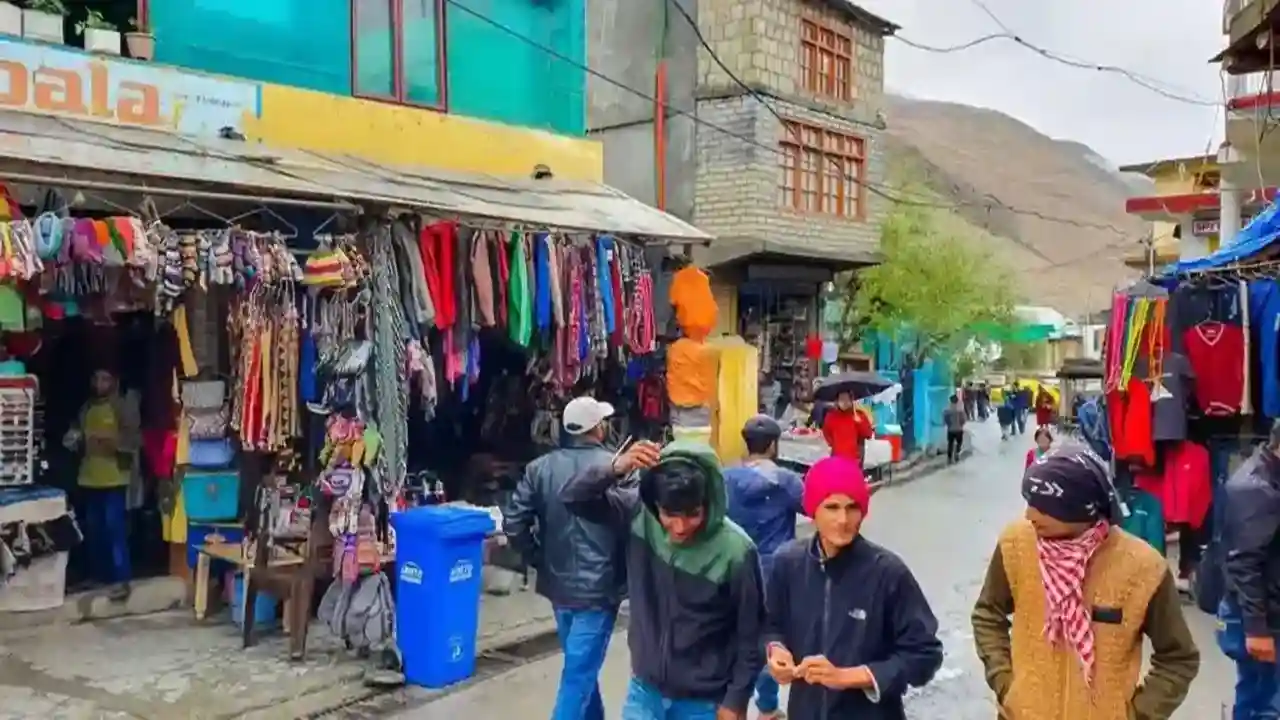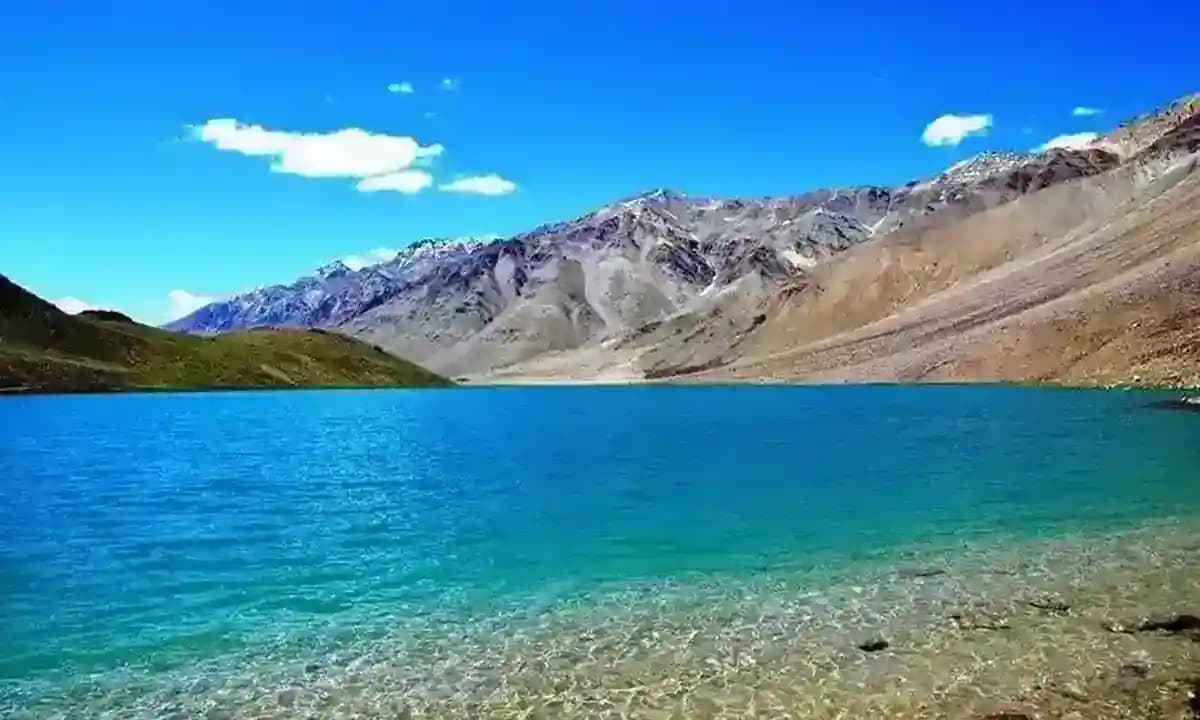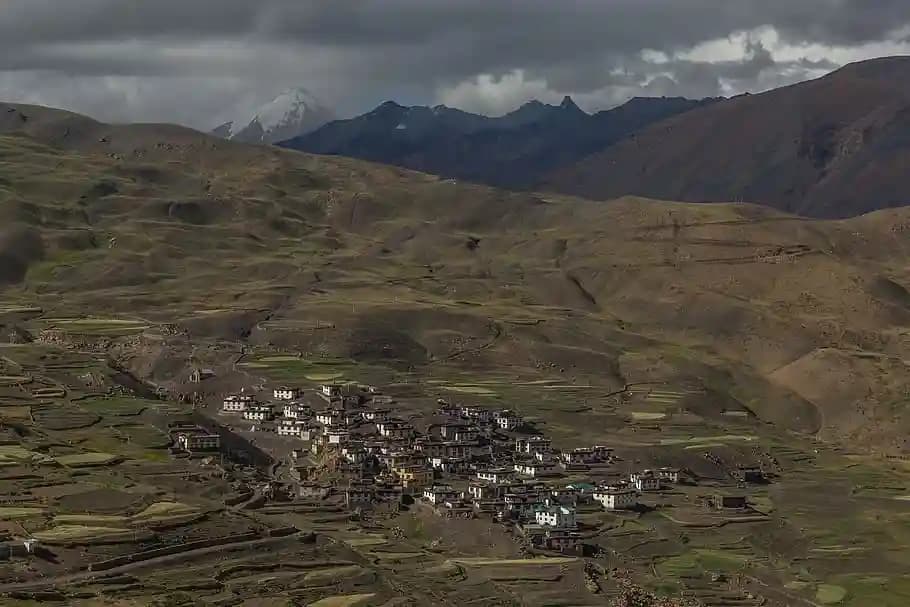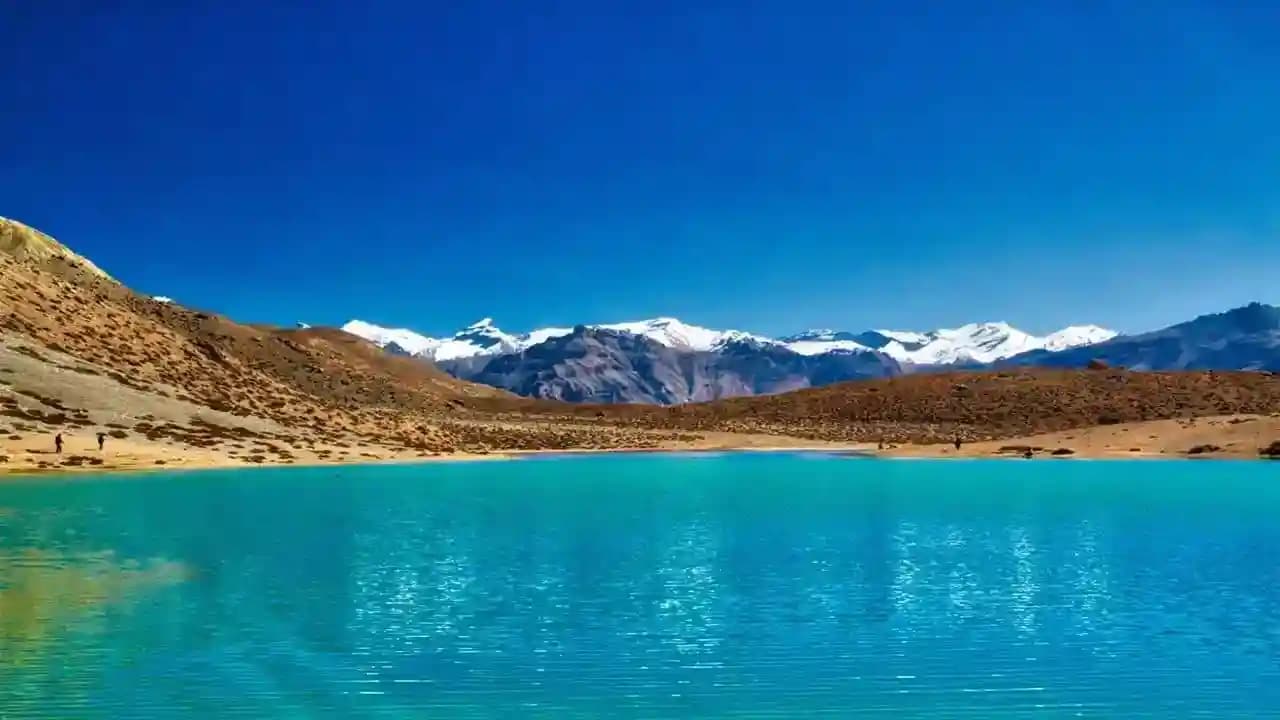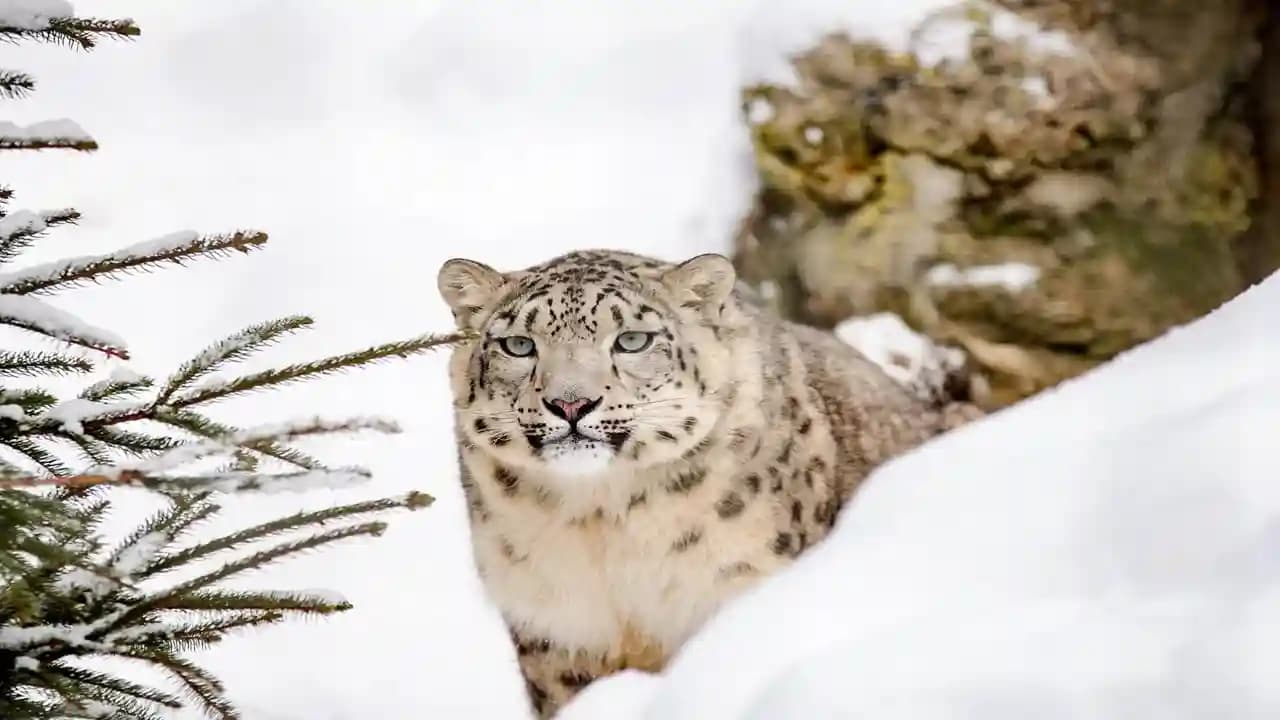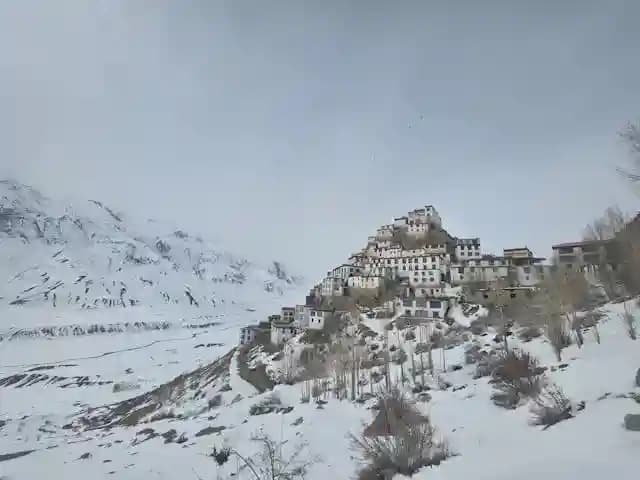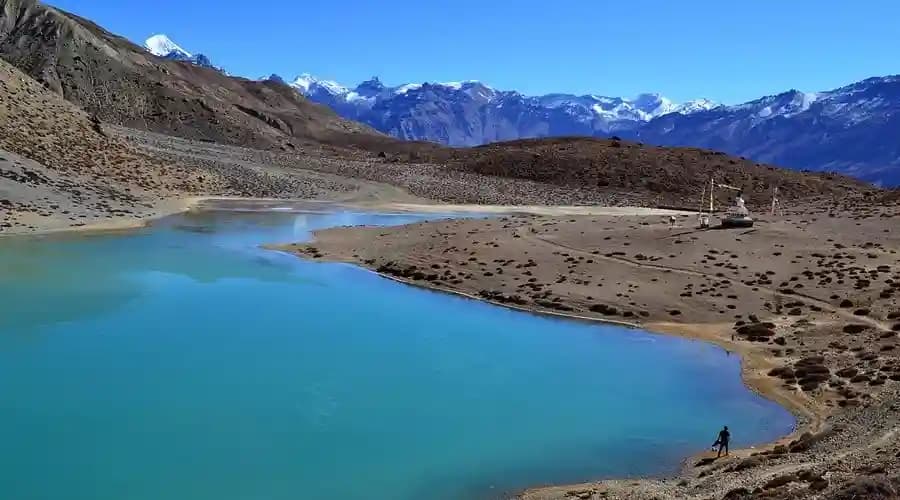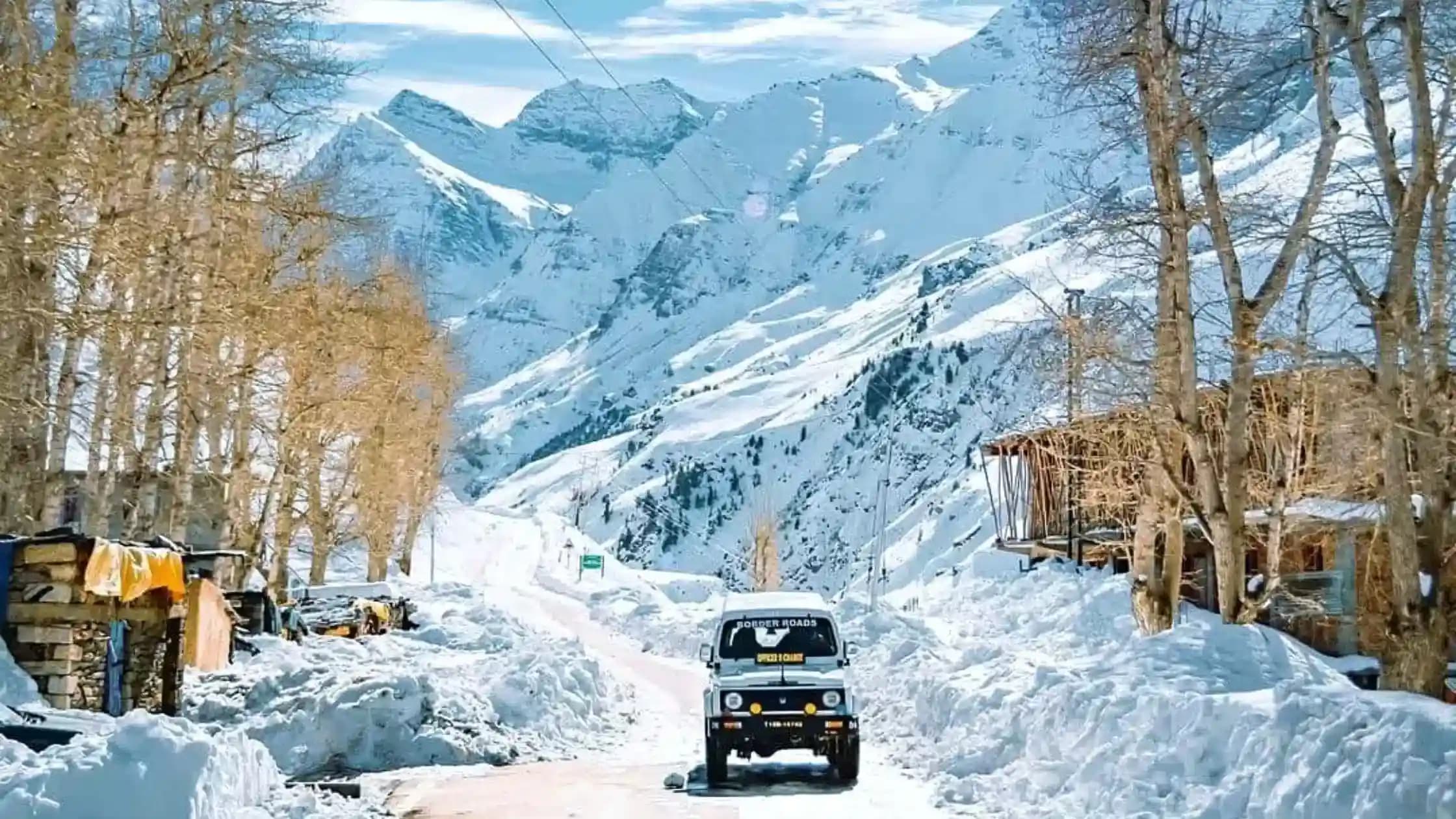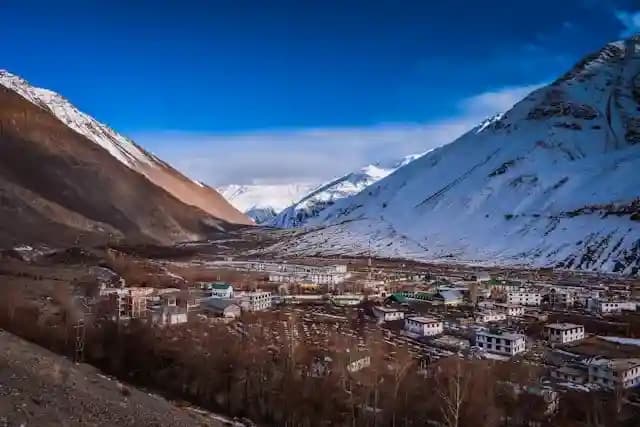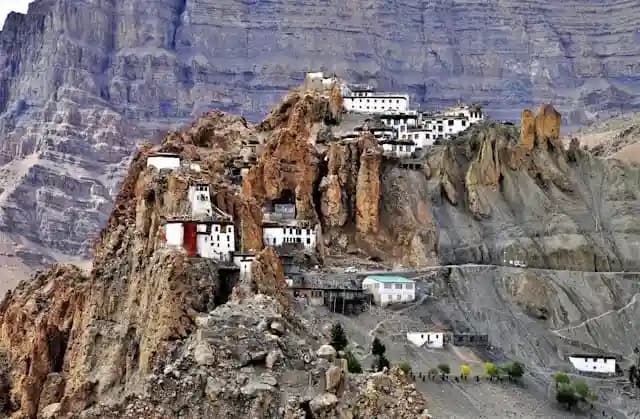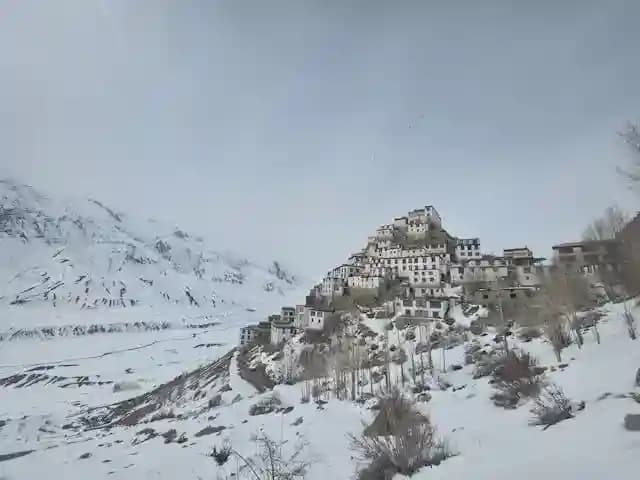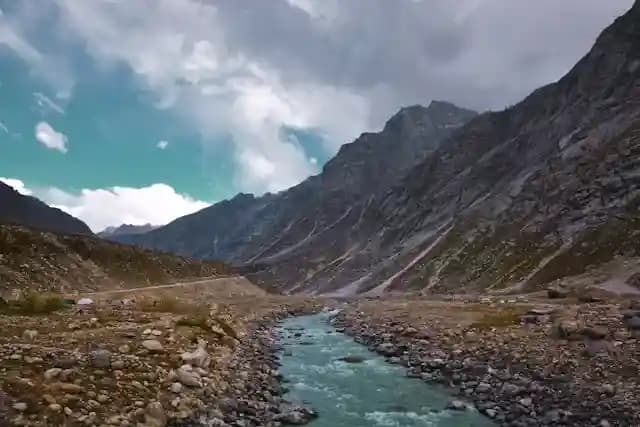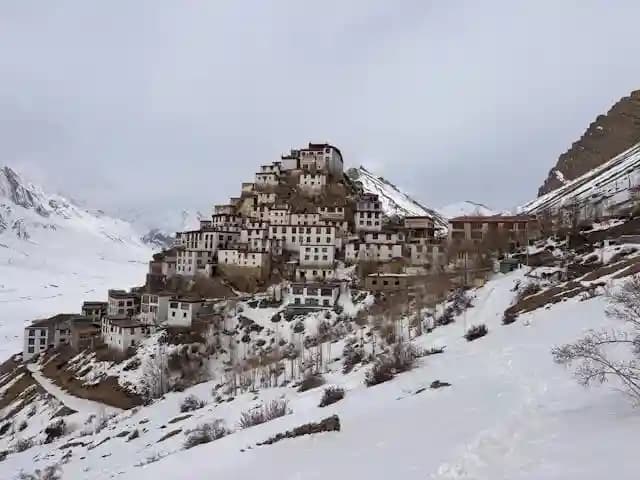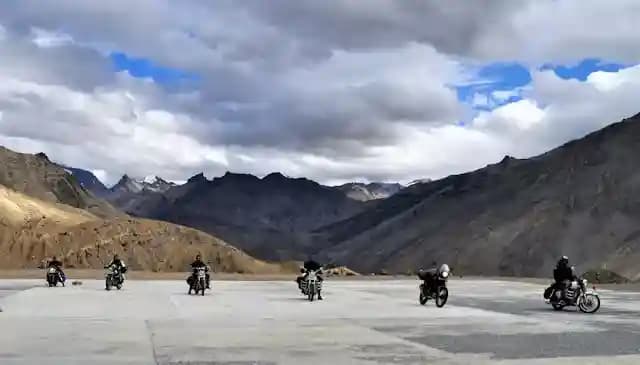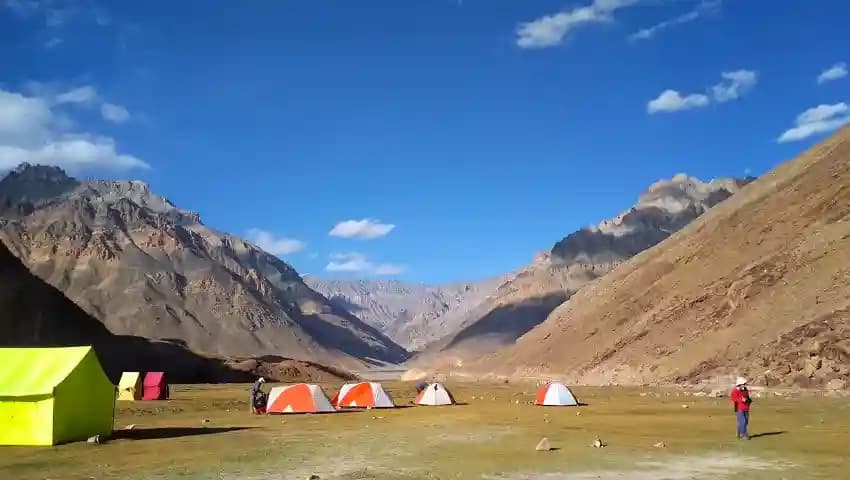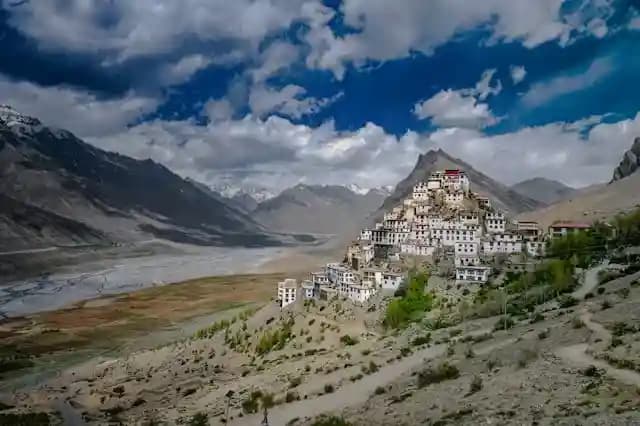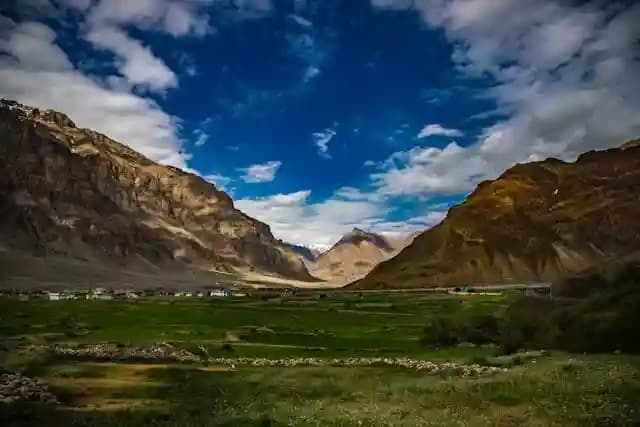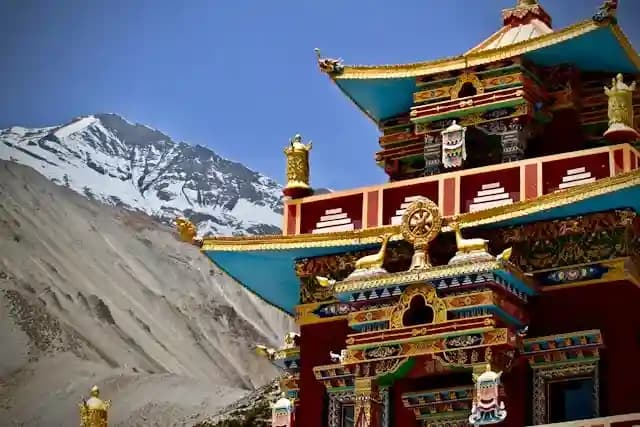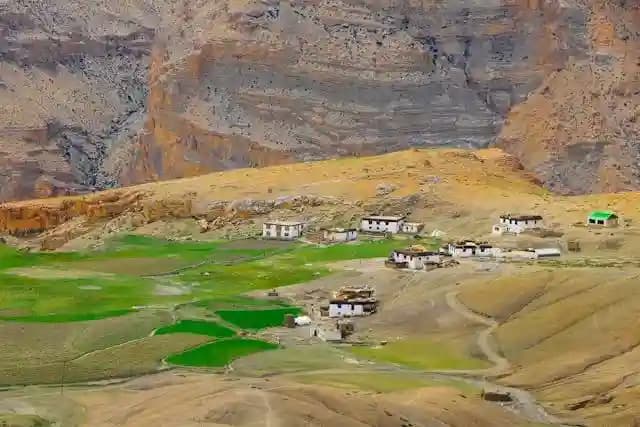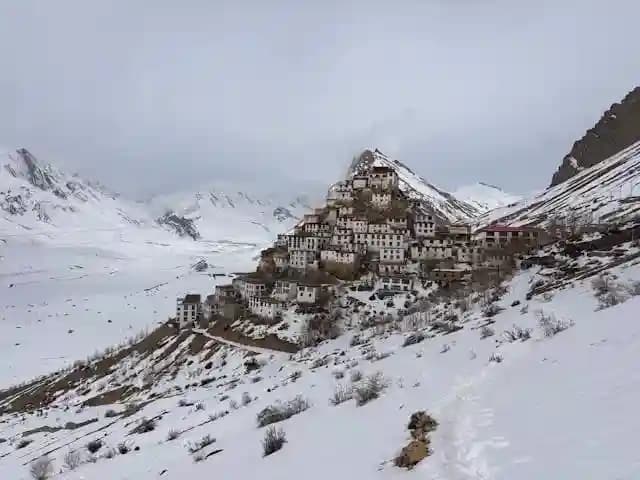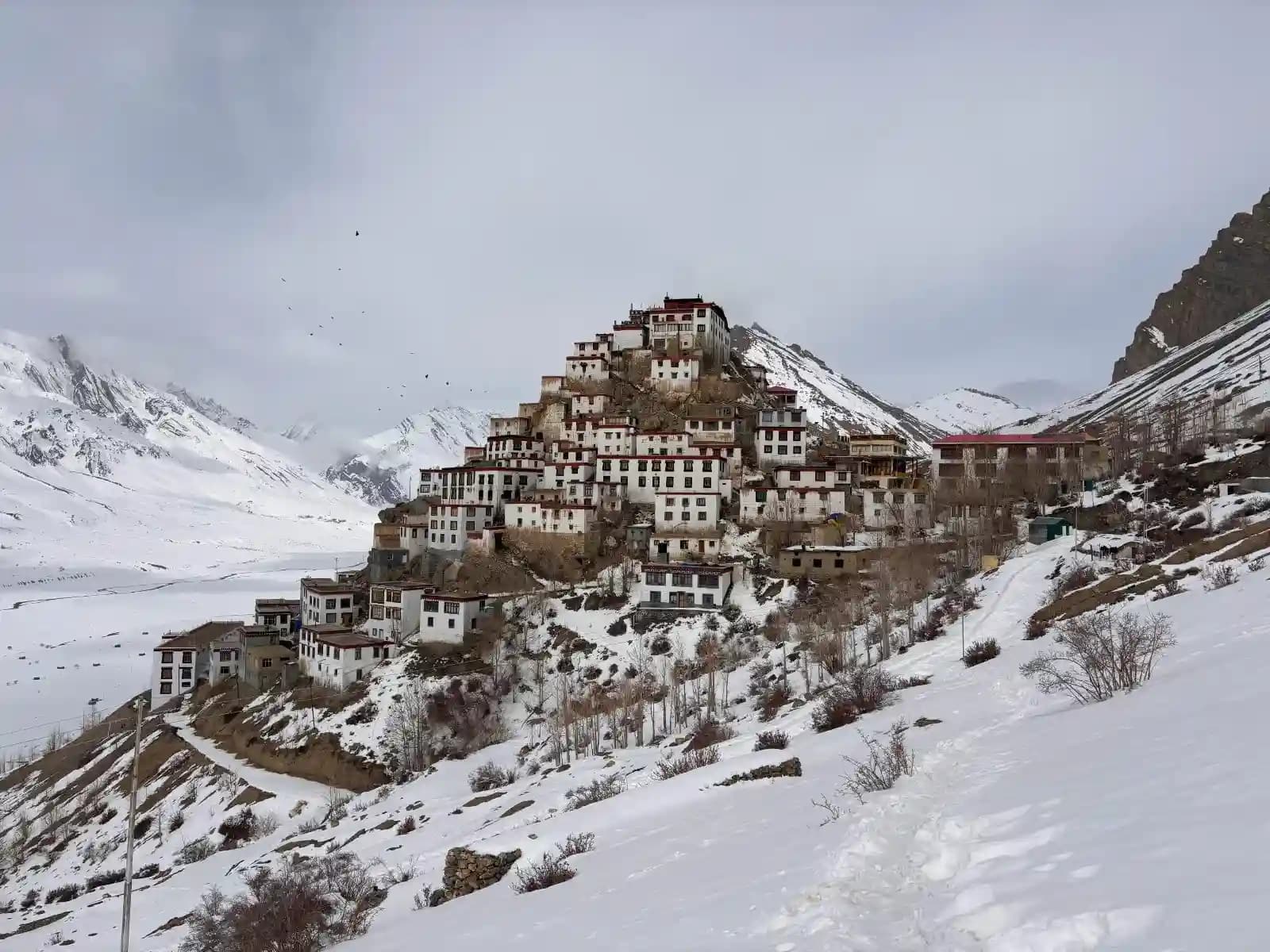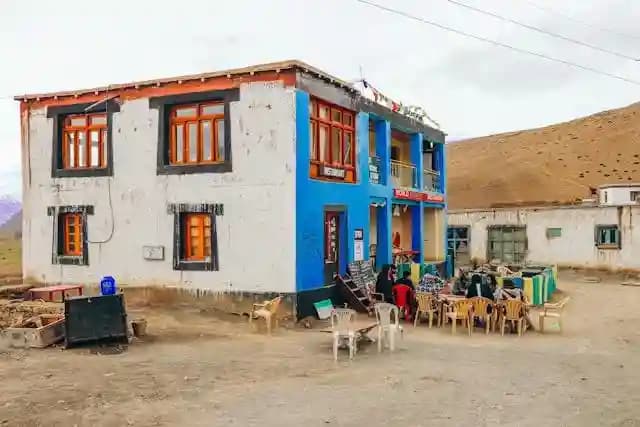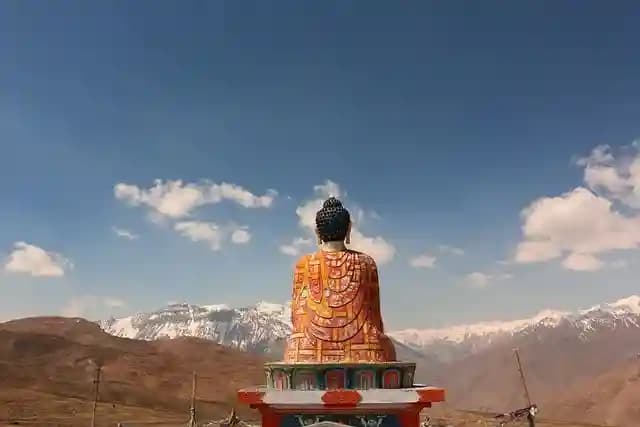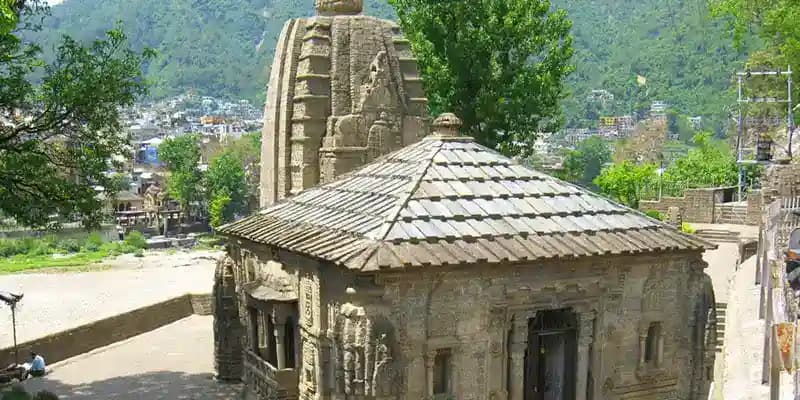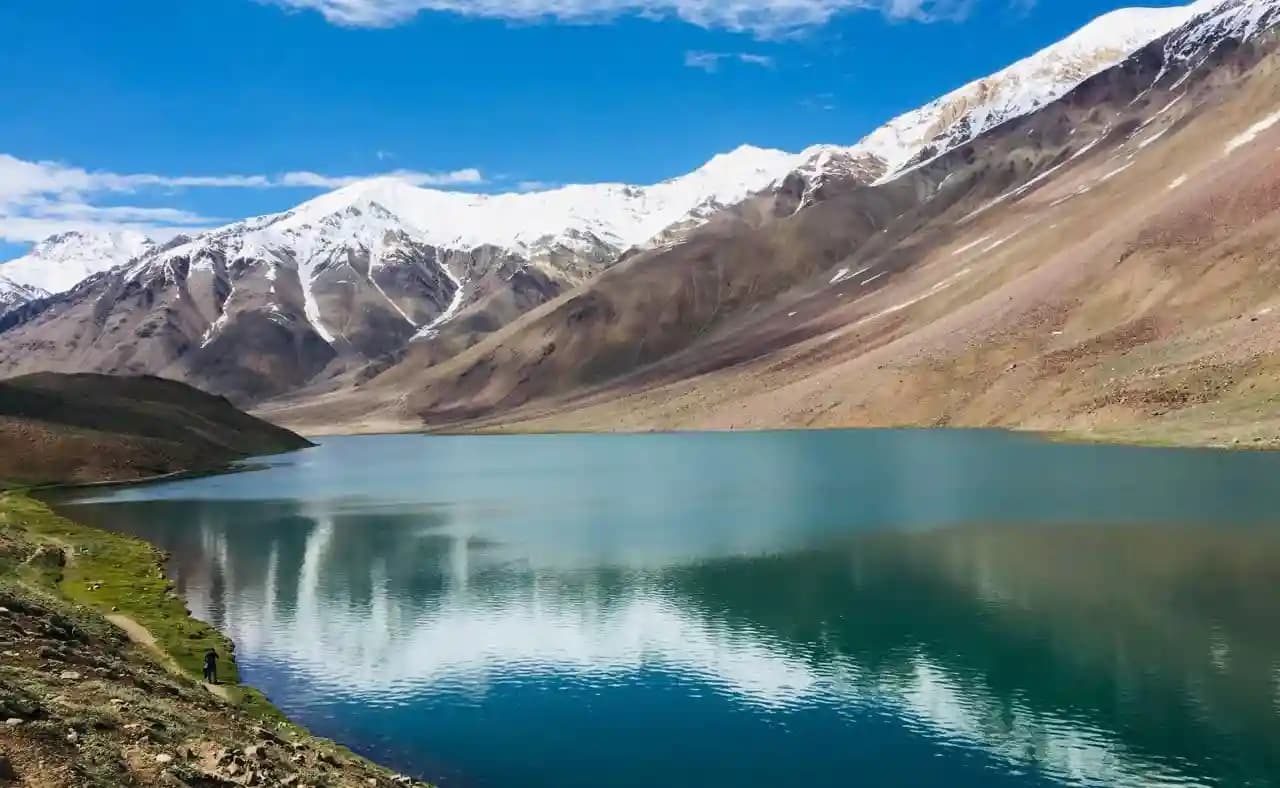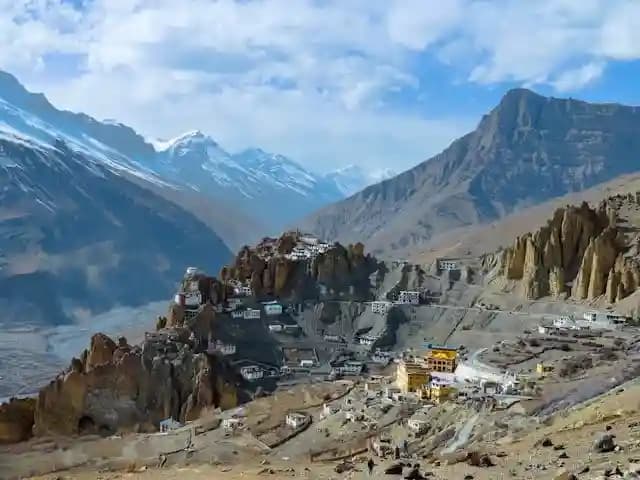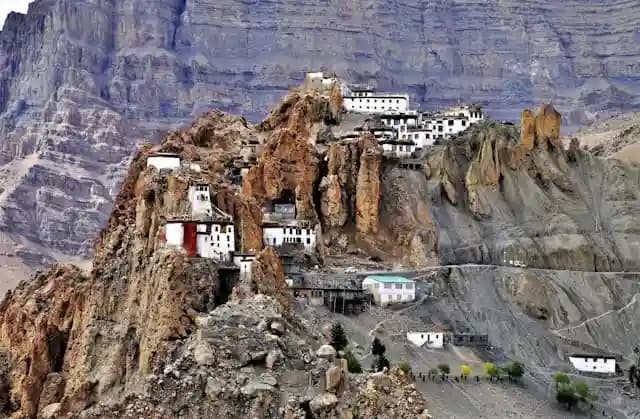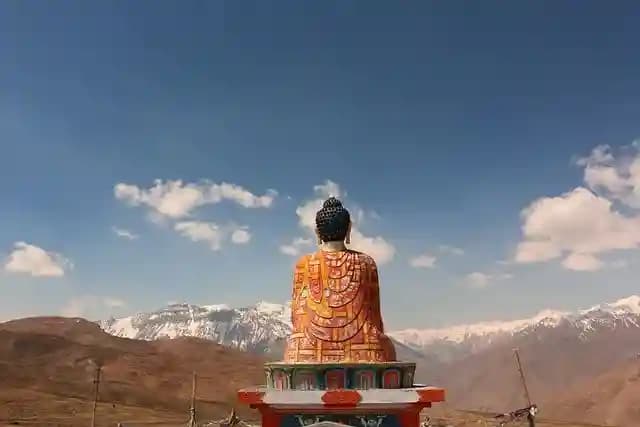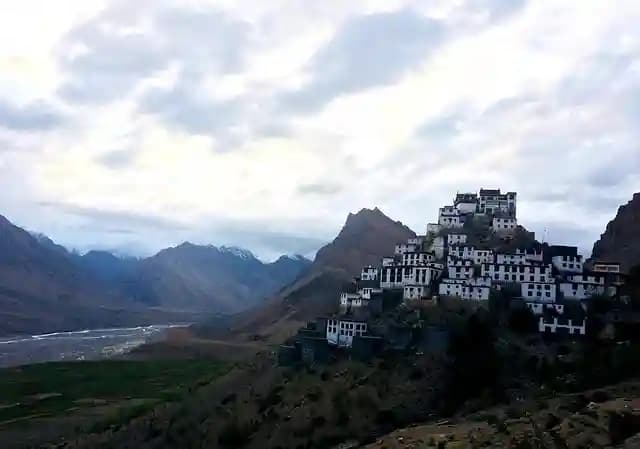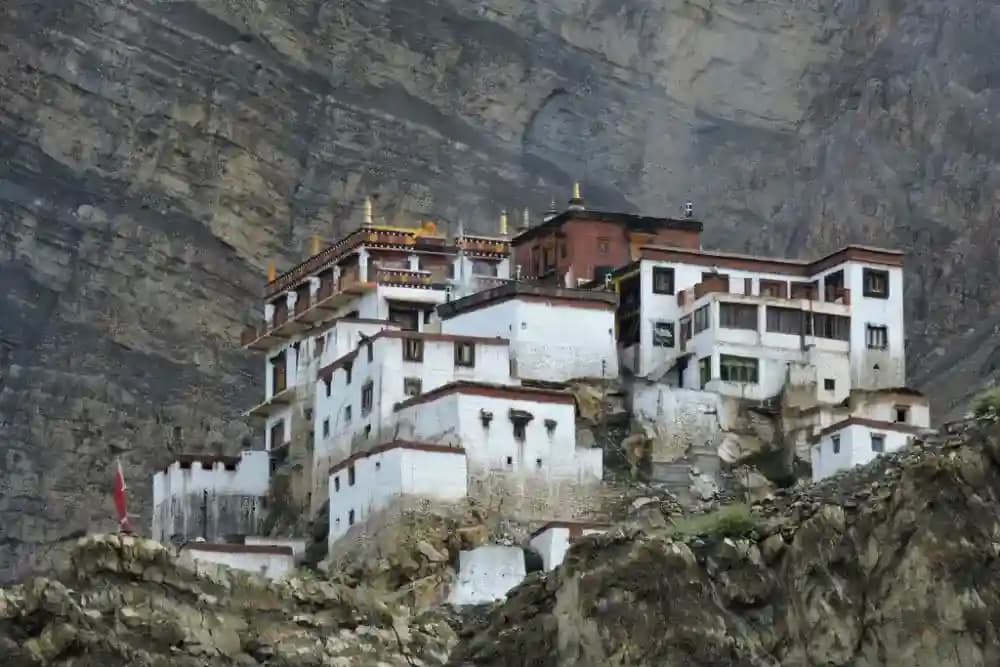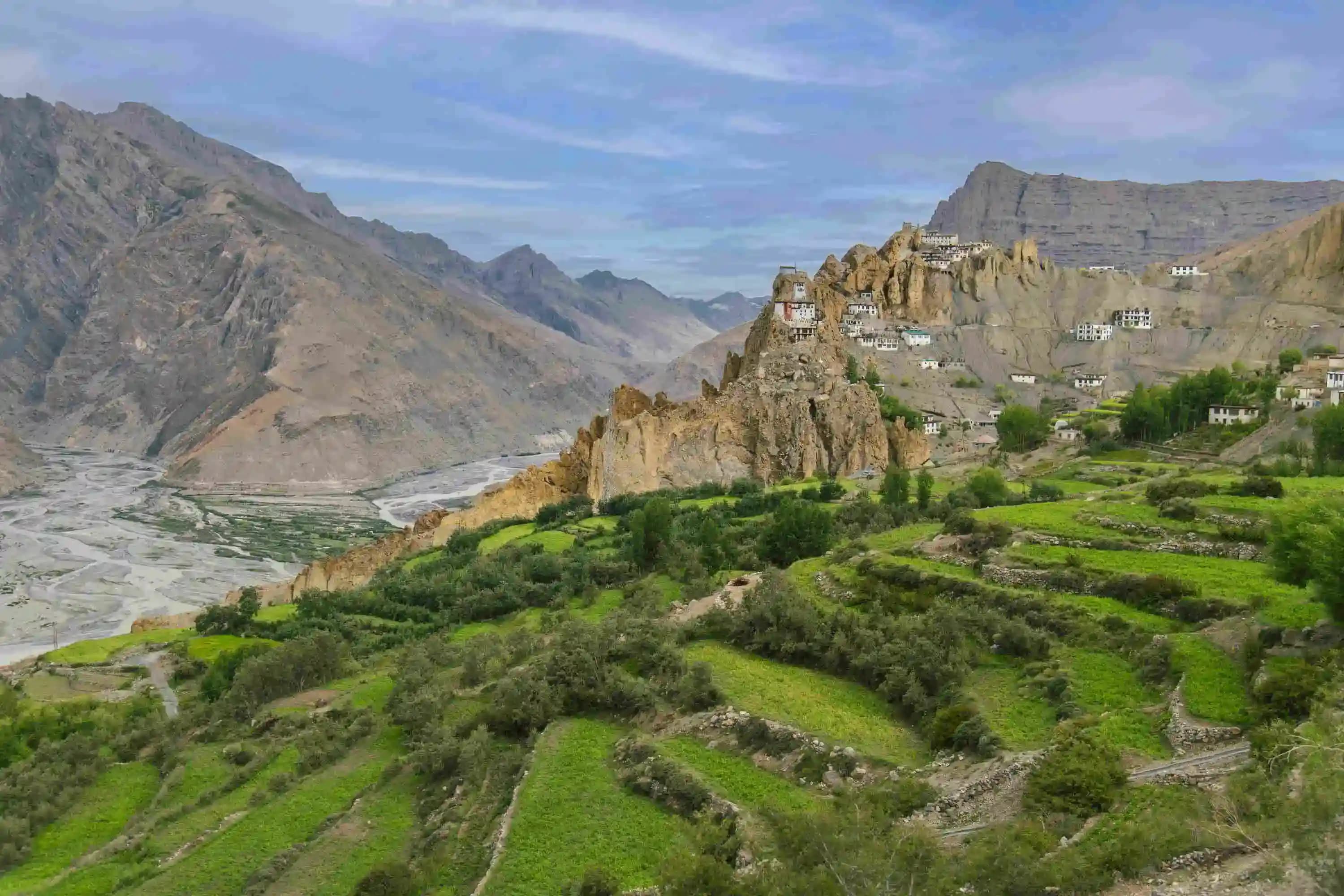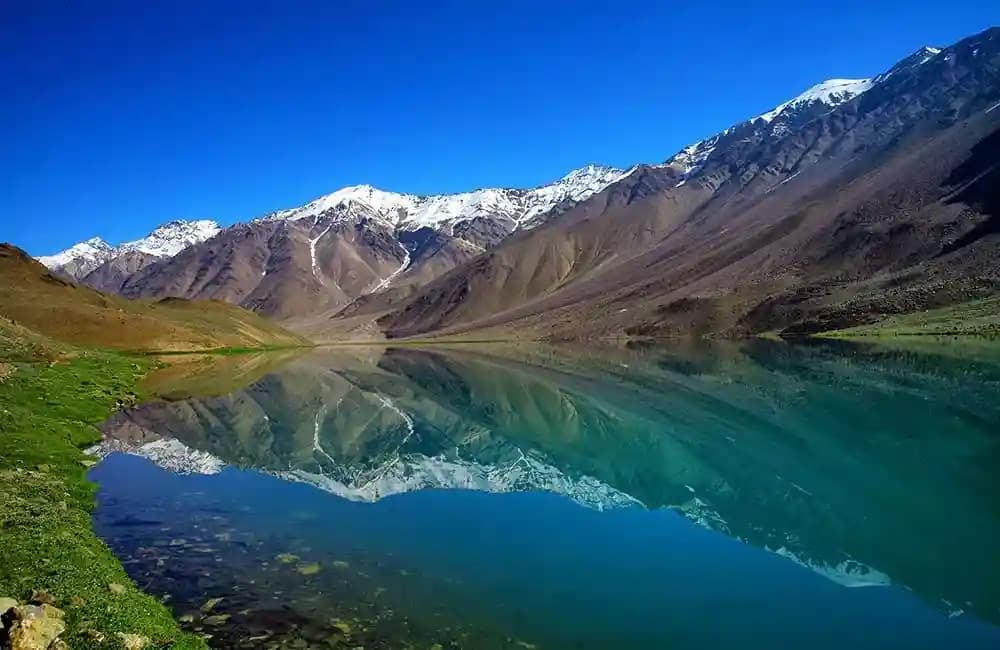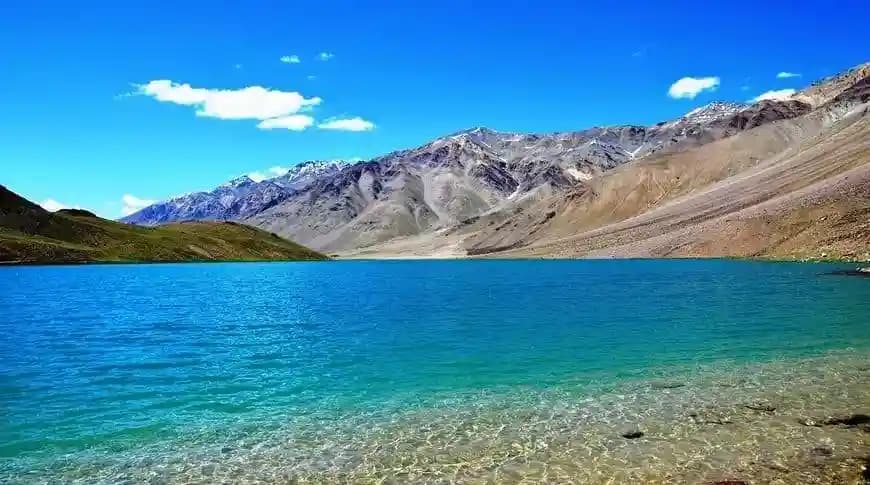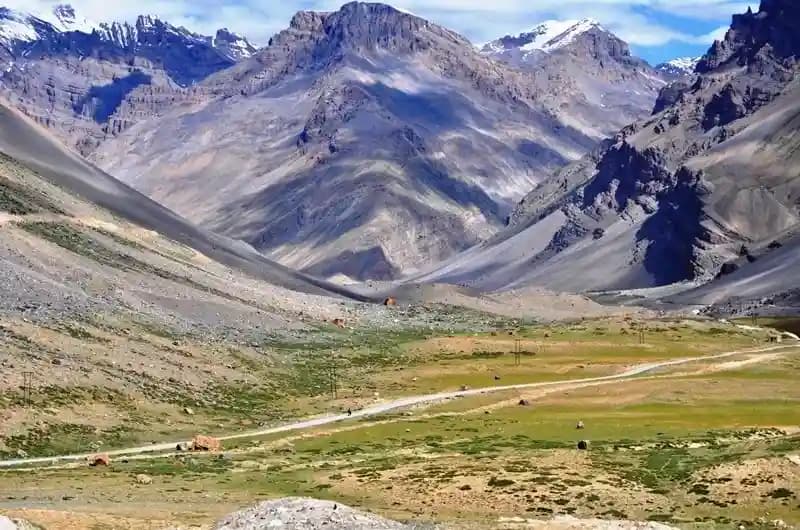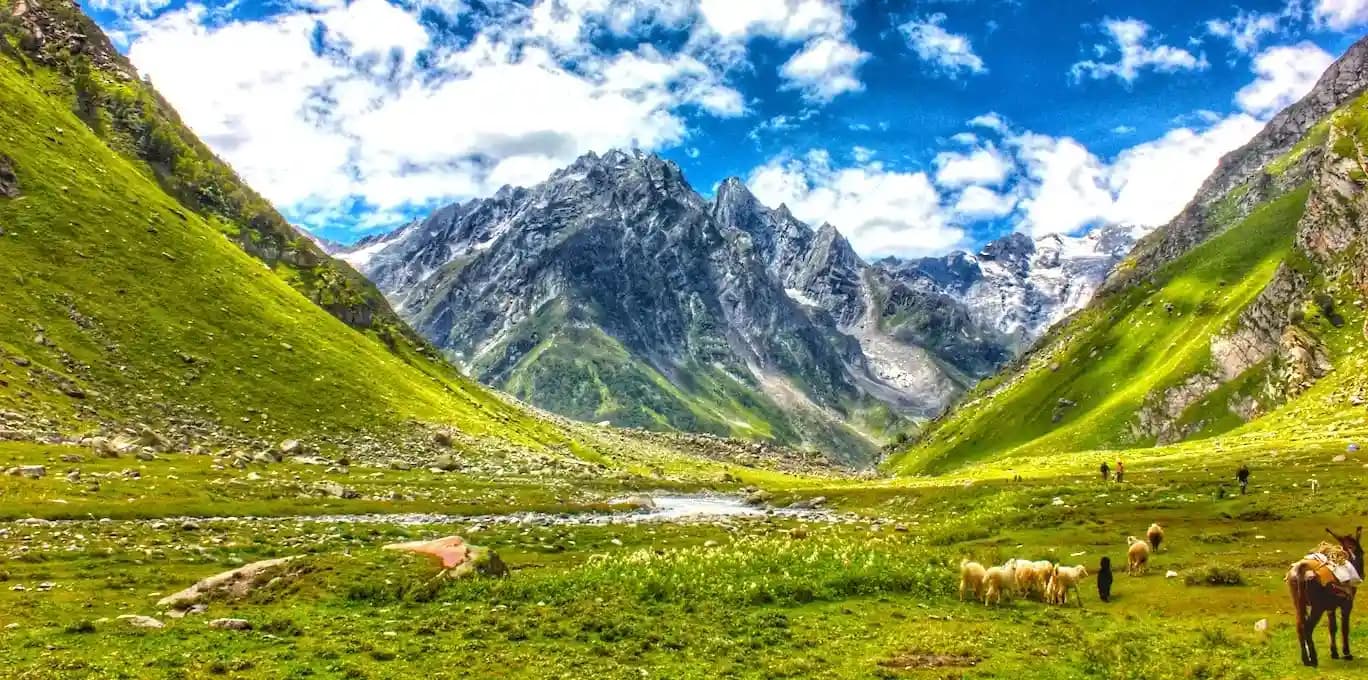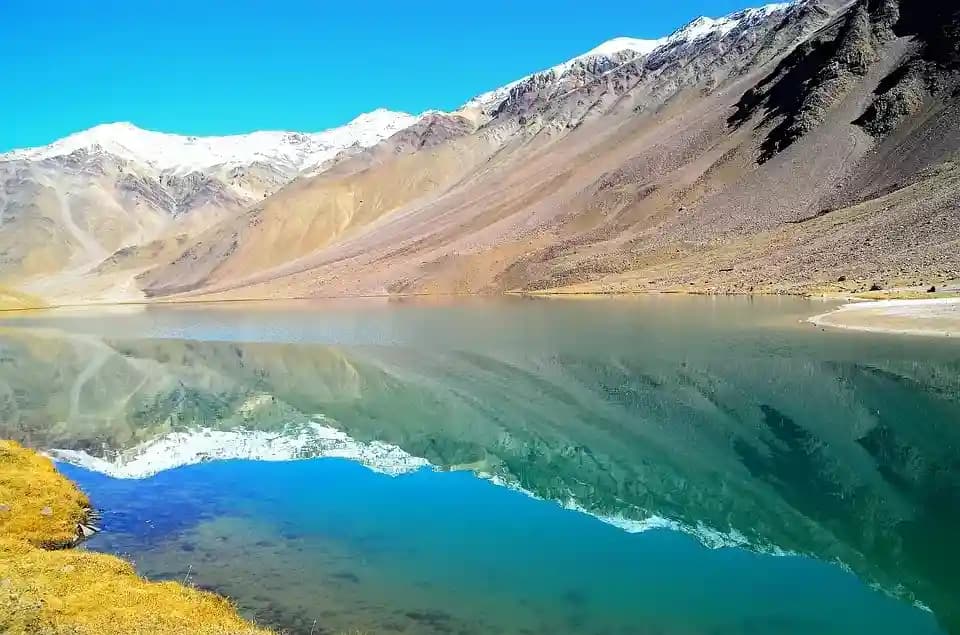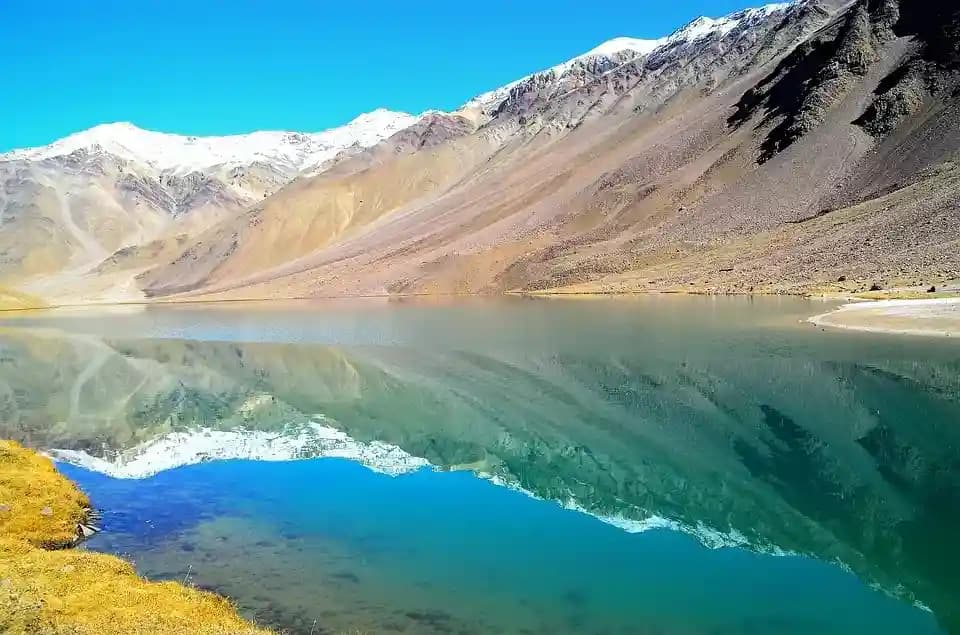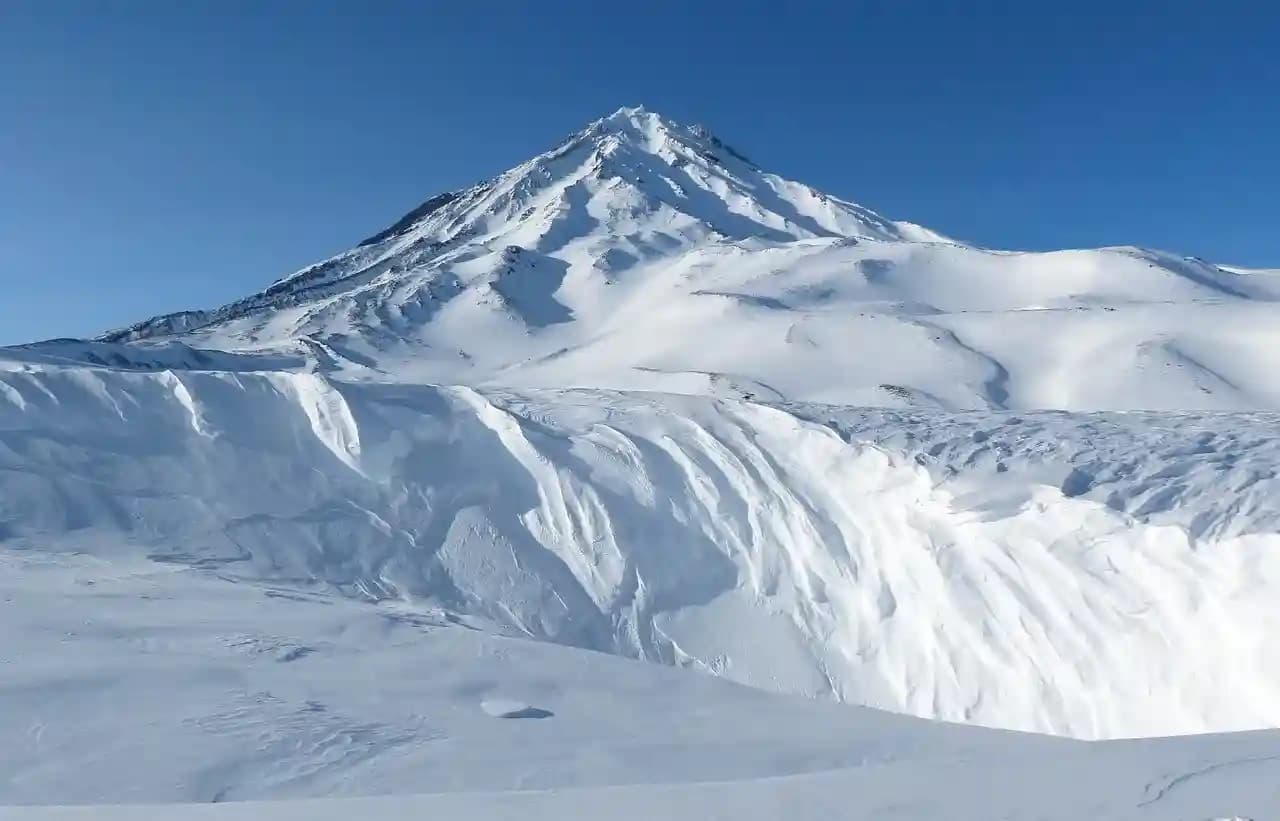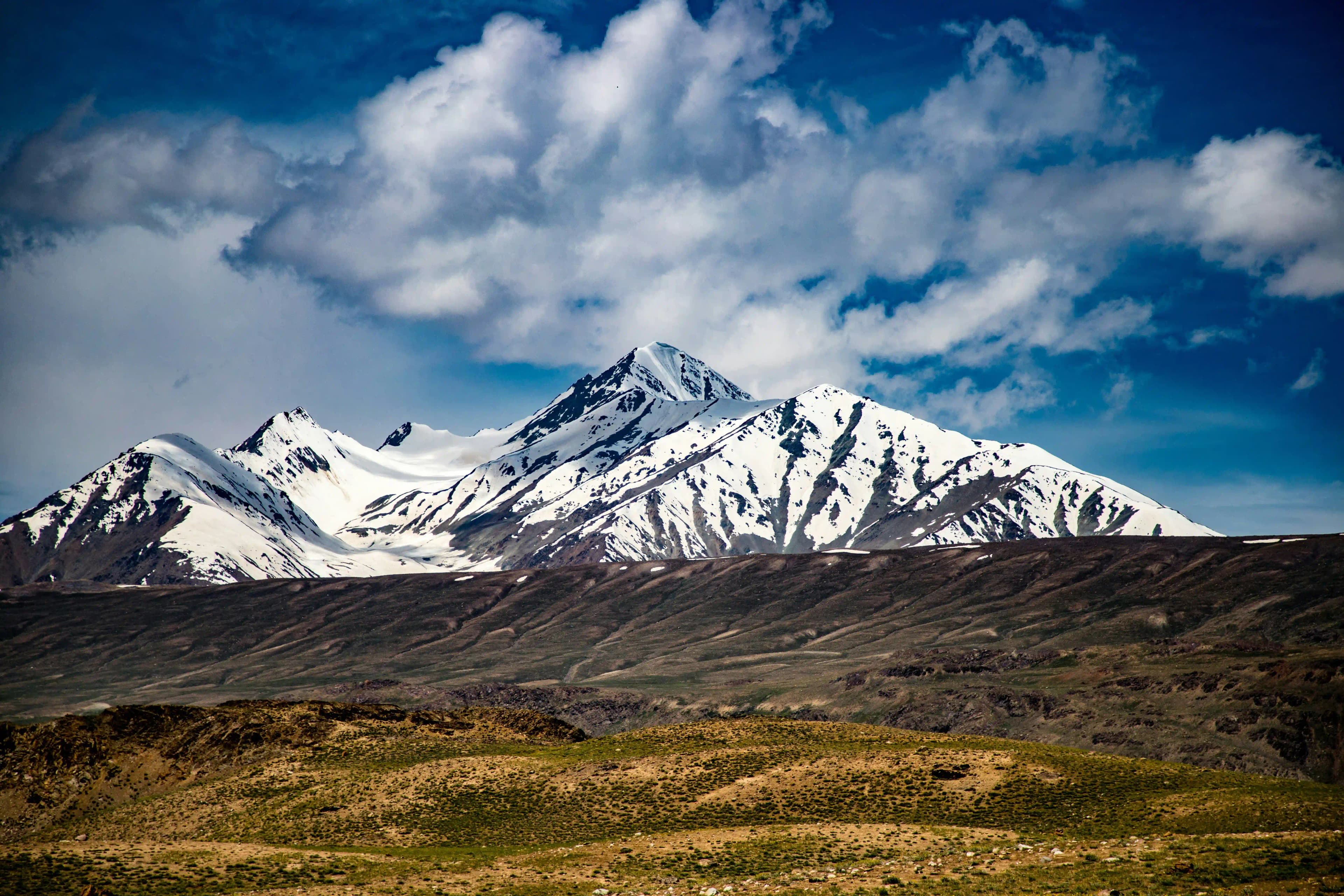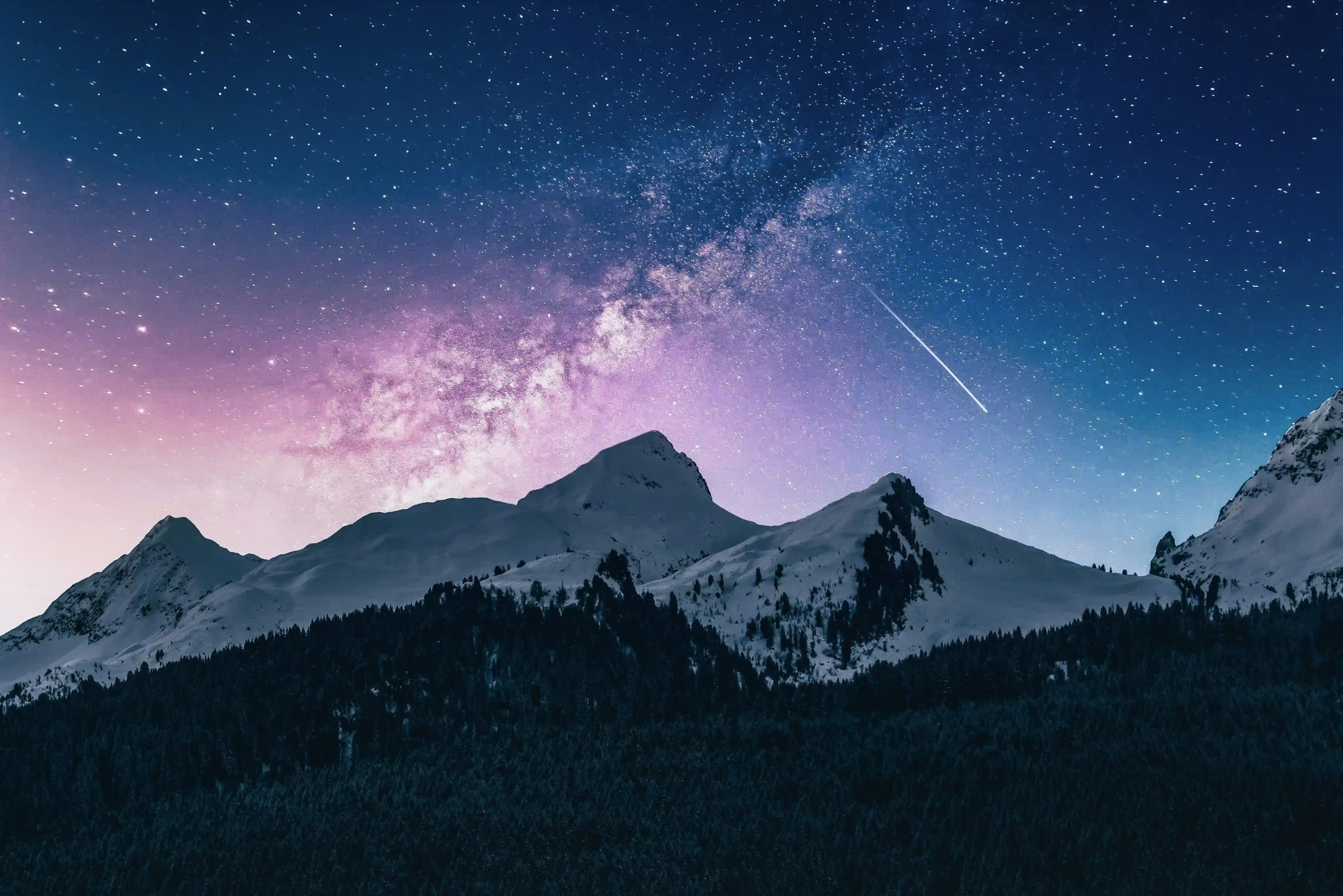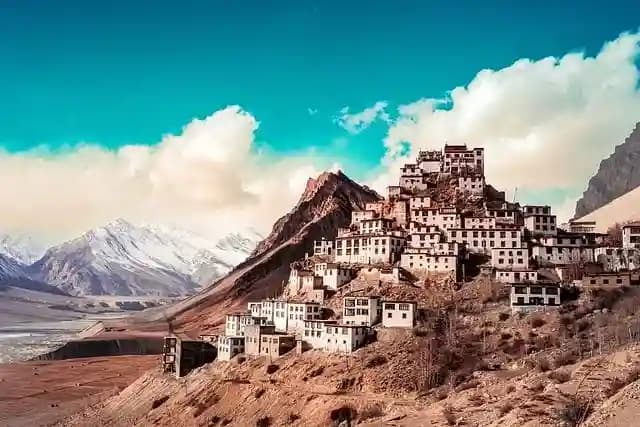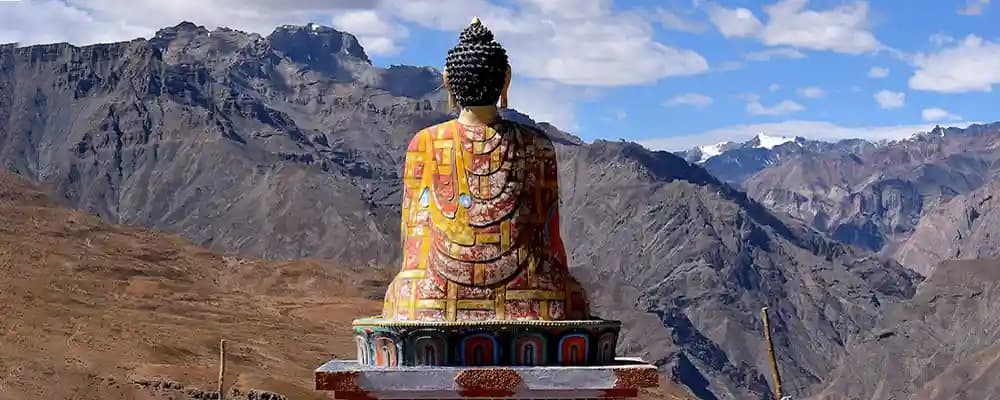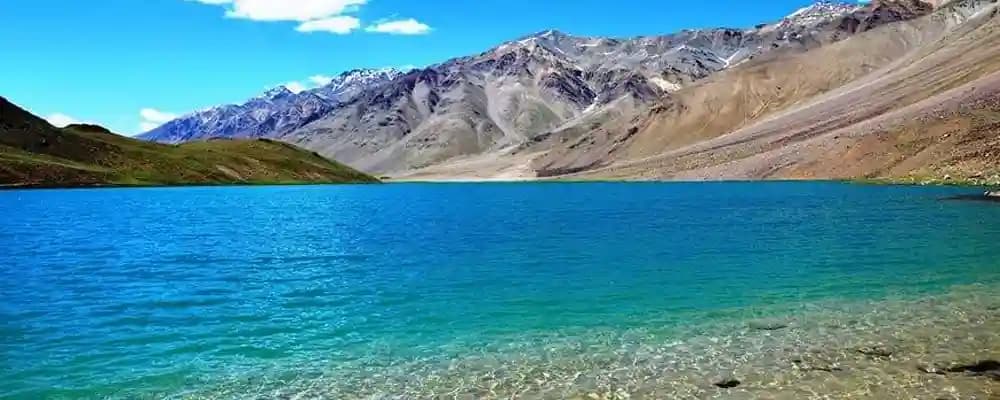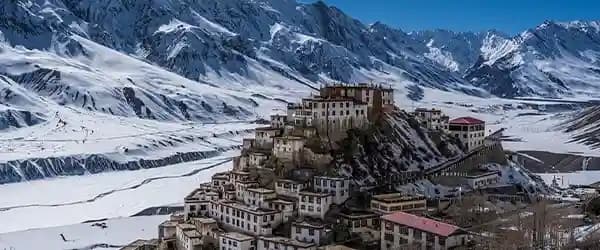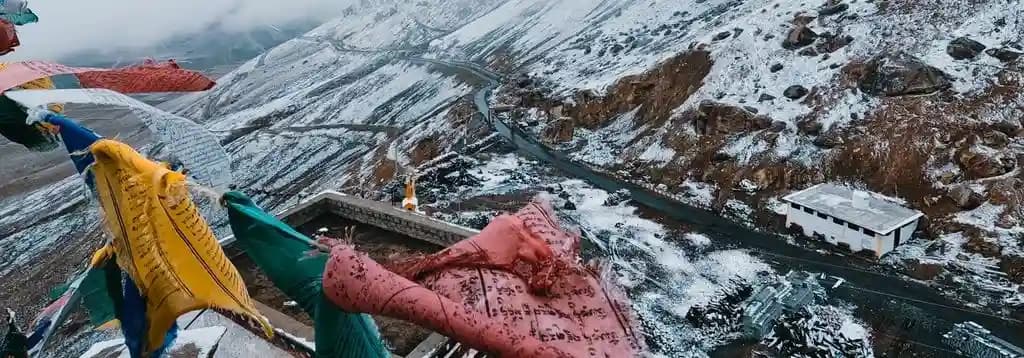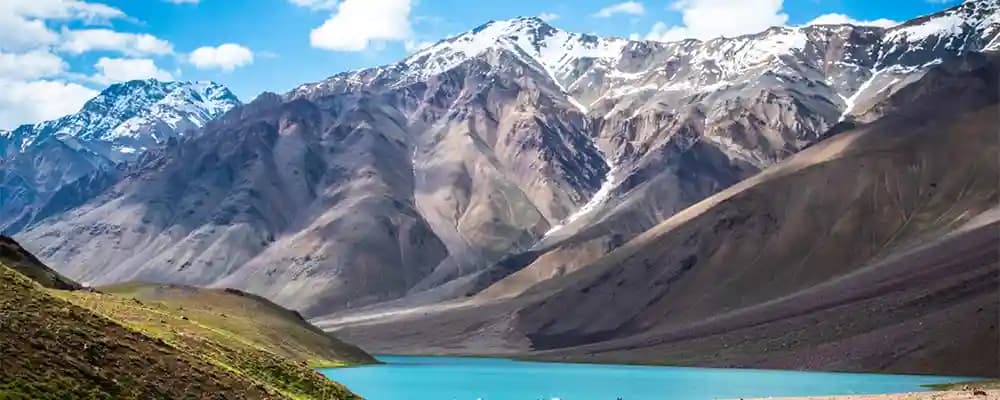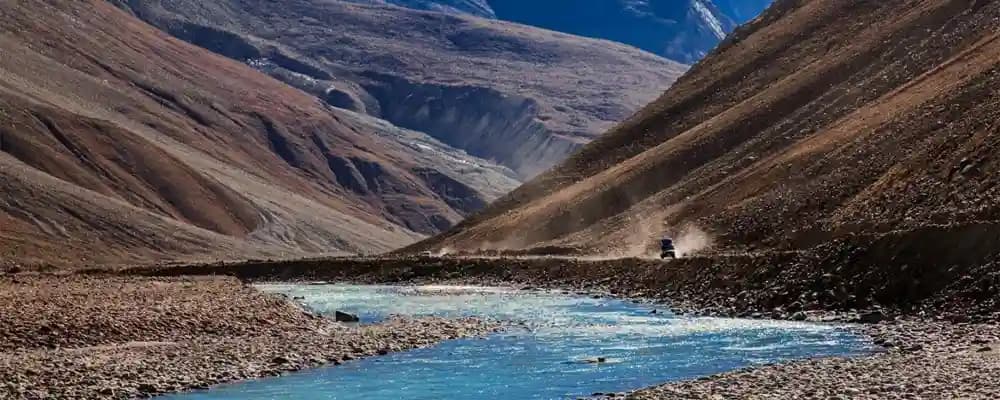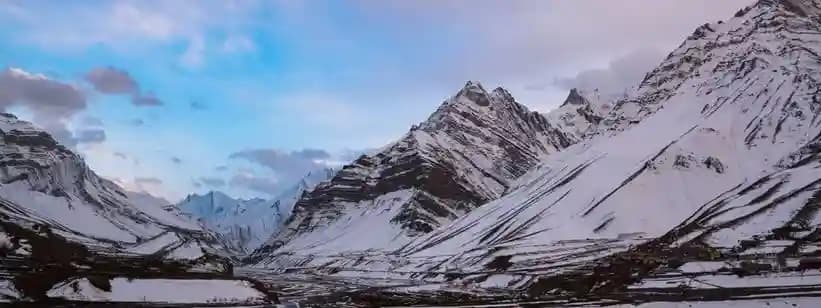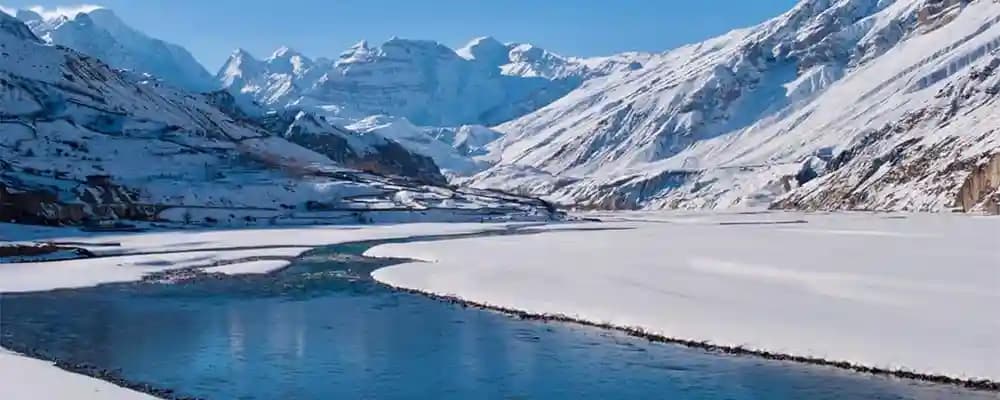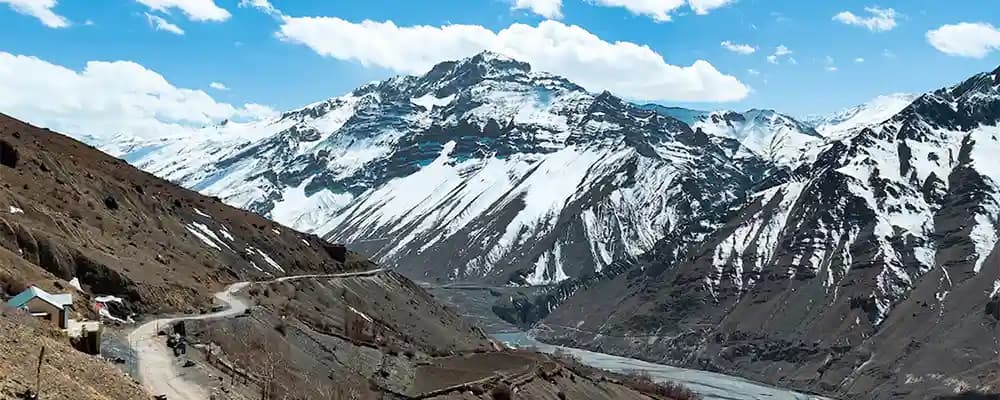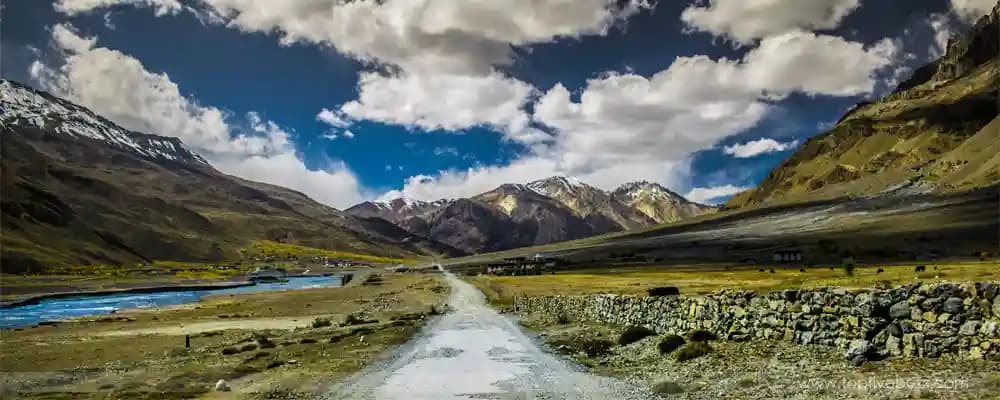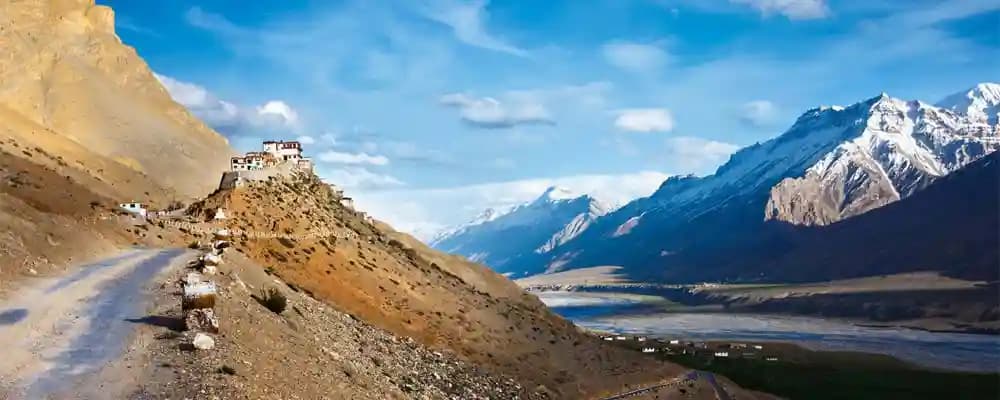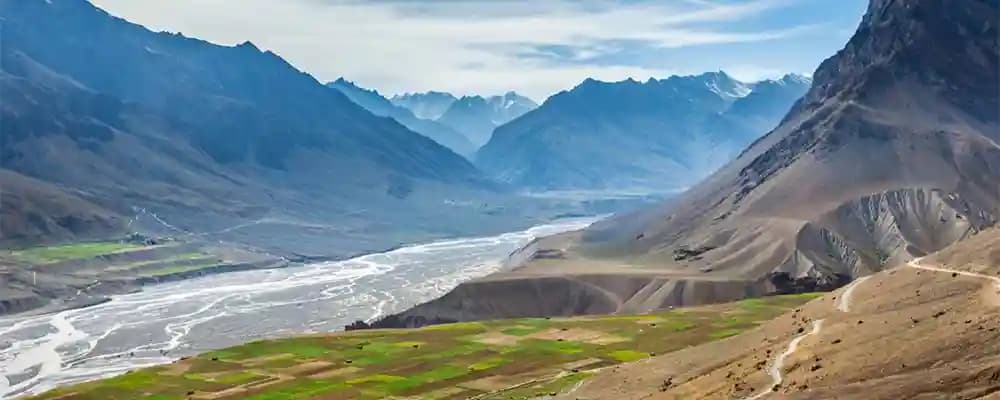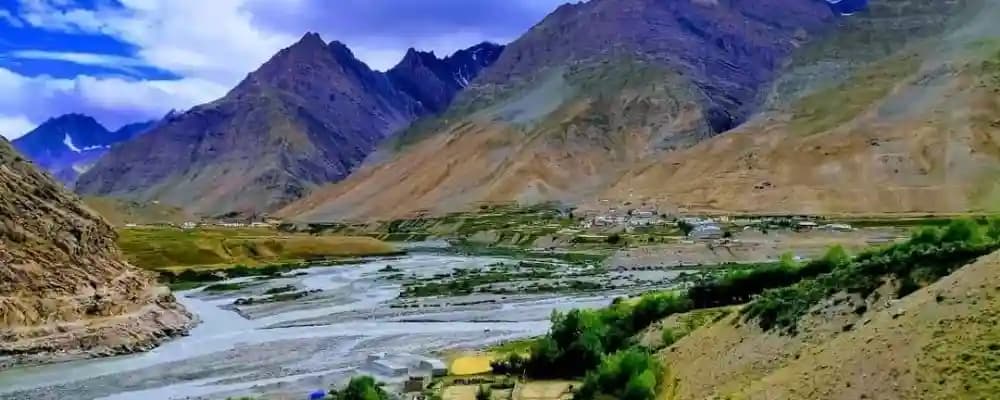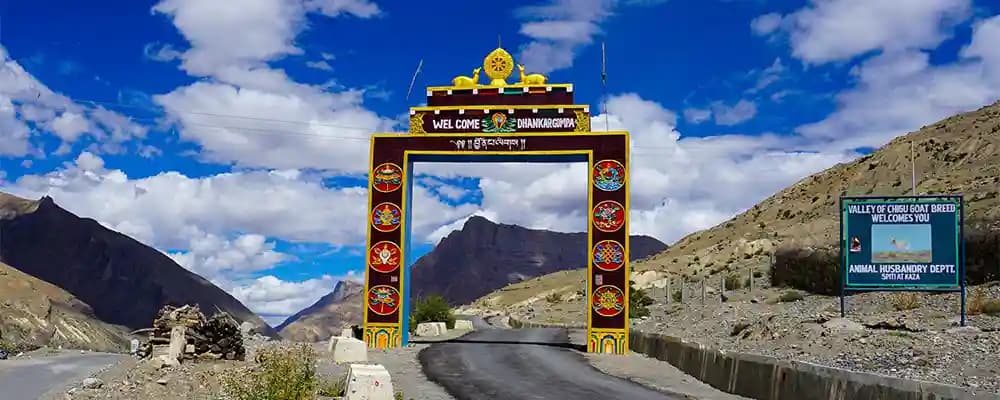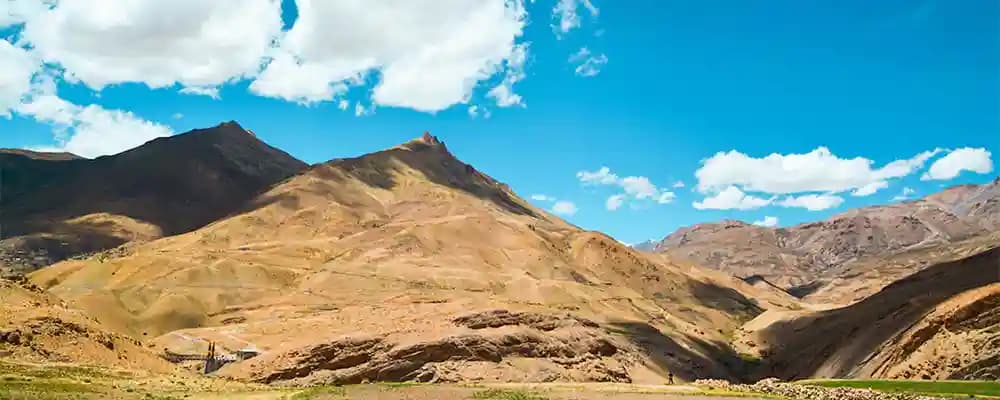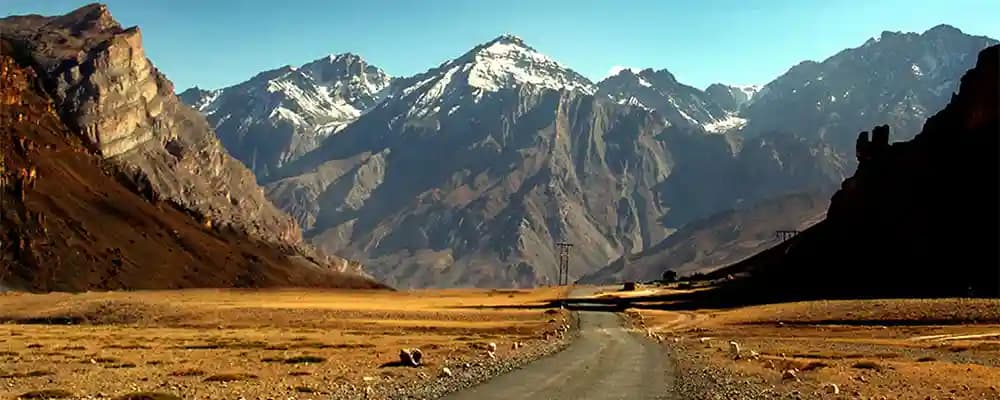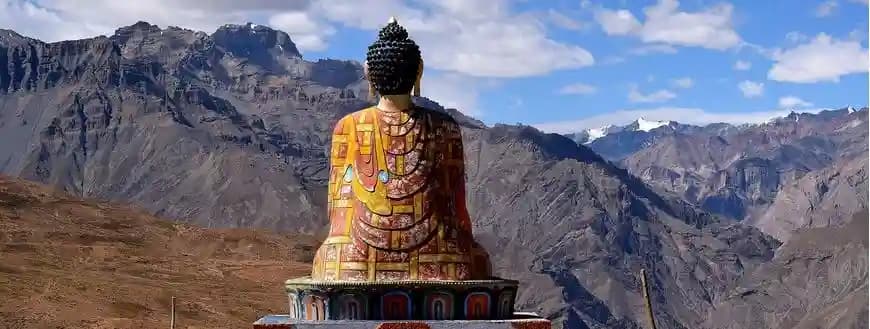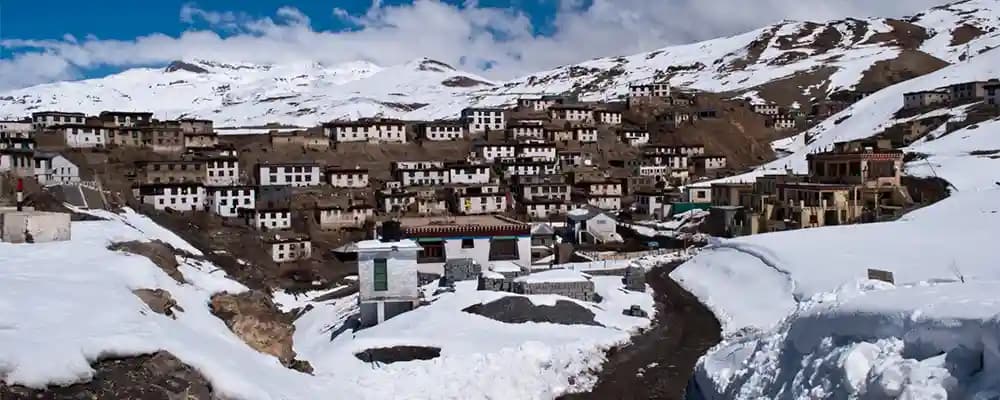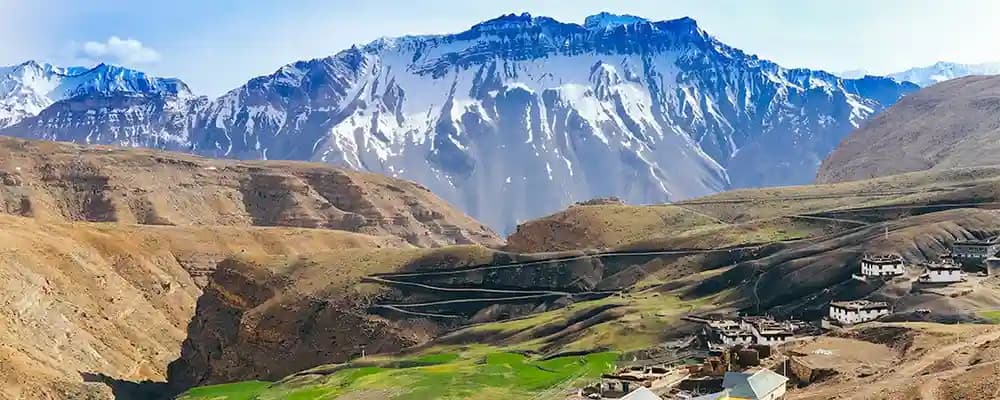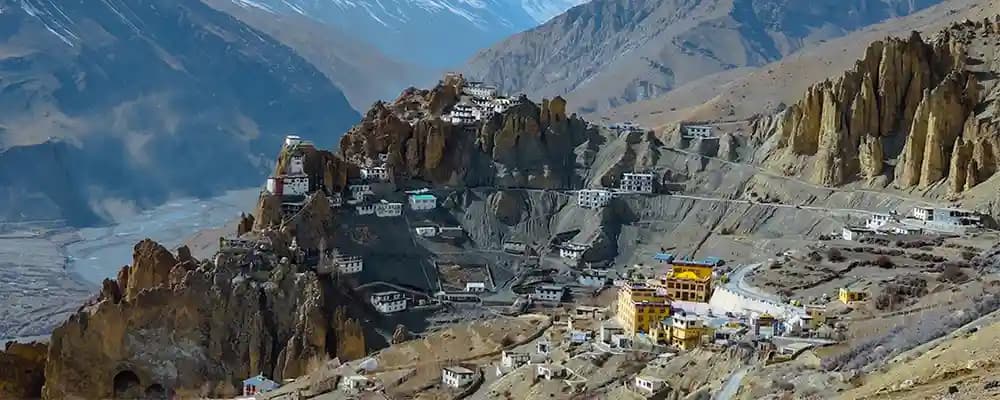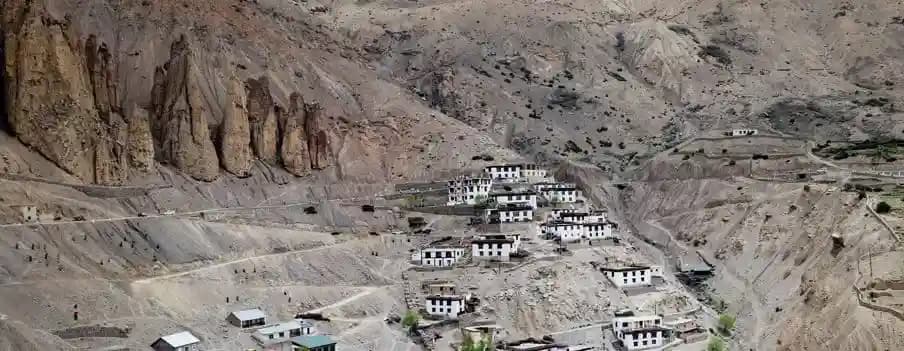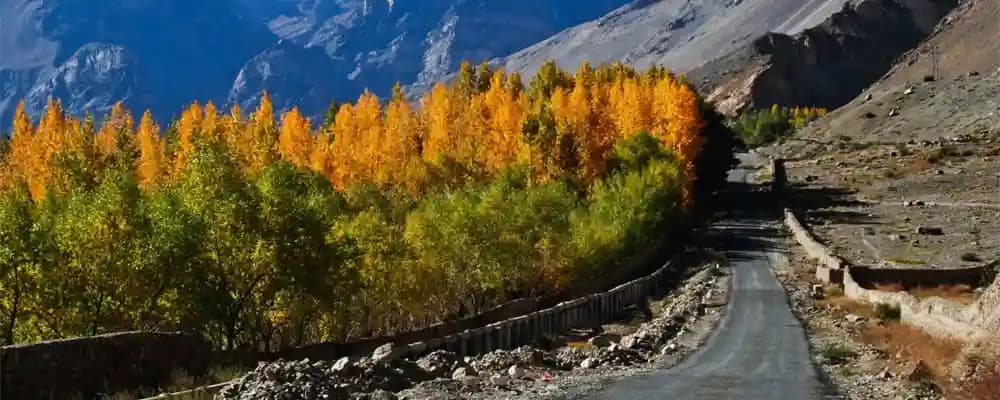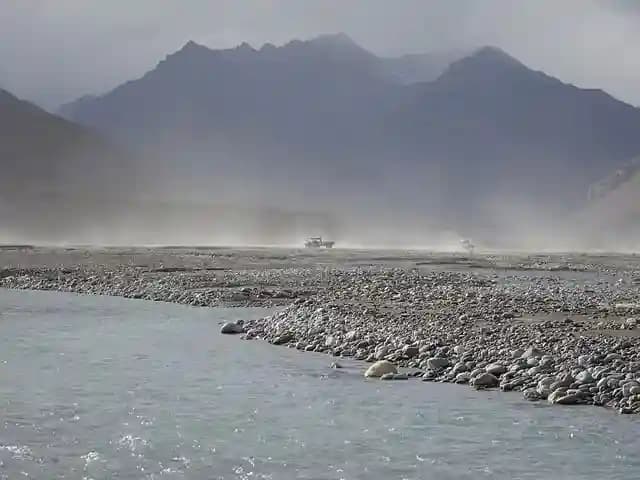If you are someone who loves adventure, the view of changing landscapes, and enjoys the beauty of mountains, the Pin Bhaba Pass Trek is one that should be on your list this season. This trek is known for its beautiful transitions whereby the trek starts from the green valleys of Kinnaur and ends in the dry, cold deserts of Spiti Valley region.
The Bhaba Pass Trek is a true mix of nature’s contrasts. On one side, you’ll walk through pine forests, rivers, and wildflower meadows, and on the other, you’ll cross rocky mountains and snow-covered trails. Every step of the Pin Bhaba Trek feels like walking through different worlds.
This blog will guide you through everything you need to know; the Pin Bhaba Pass Trek route, the best time to go, difficulty level, what to carry, and more. Whether you are a beginner or have done treks before, this guide will help you plan a Spiti trip that offers an unforgettable experience, showing you a side of Spiti that’s very different from all other trek trails.
Overview of pin bhaba trek
The Pin Bhaba Pass Trek is one of the most beautiful and unique treks in Himachal Pradesh. It connects the lush green Bhaba Valley in Kinnaur to the dry, colorful Pin Valley in Spiti. This amazing change in scenery makes the trek special; few trails in India show such a sudden transformation in landscape and culture.
Starting from Kafnu, a small village in Kinnaur, the trail slowly climbs up through forests of oak and pine, small wooden bridges, and wide grasslands filled with wildflowers. As you move higher, you reach snow-covered passes and finally cross into the Spiti Valley, where the land turns barren but breathtakingly beautiful.
The Bhaba Pass Trek (also known as Pin Bhaba Trek) is nearly 50 km long and usually takes 7 to 9 days to complete for moderate level trekkers. The highest point of the trek, known as the Pin Bhaba Pass, is heighted at an altitude of near about 16,100 feet (4,900 meters). From this point, you get a stunning view of both valleys; one side green and alive, the other brown and dramatic.
This Spiti Valley trek also gives you a chance to experience the local life of two very different valleys. In Kinnaur, you’ll see traditional wooden houses, apple orchards, and friendly villagers. However, on the other side, in Spiti, you’ll find Buddhist monasteries, stone homes, and wide open skies that seem to stretch forever.
This perfect mix of culture, nature, and adventure makes the Pin Bhaba Pass Trek a favorite among trekkers who want to experience something more than just mountain climbing.
Pin Bhaba Pass Trek Route
The Pin Bhaba Pass Trek is one of the most scenic journeys in the Indian Himalayas. It beautifully connects two different worlds; the green forests of Kinnaur on one side and the dry, colorful desert of Spiti on the other.
The entire trail is about 50–60 km long, and the altitude ranges from 2,400 meters at the start to nearly 5,000 meters at the highest point. Along the way, trekkers pass through rivers, meadows, alpine forests, and snow-covered passes.
1. Kafnu (2,400 m) is the starting point.
Kafnu is a small, pretty village in the Kinnaur district. It is surrounded by tall pine trees and the Bhaba River flows nearby. It is the starting point for the hike.
Things to do at Kafnu:
To learn about Kinnauri culture, walk around the village and talk to the people who live there.
Go to the Kafnu Dam, which has beautiful views of the valley and is a peaceful way to start your trip.
Try the local food and apple-based products; Kinnaur is known for its orchards.
Get your gear ready and check it before you leave for the trek the next day.
2. Mulling (3,200 m)
The first day of the trek goes from Kafnu to Mulling and is about 11–12 km long. There are small bridges over streams, thick pine and oak forests, and gentle climbs along the trail.
Things to do at Mulling:
The Bhaba River runs next to most of the trail, and you can hear it peacefully.
Look at the little waterfalls and glacial streams that keep the forest alive and fresh.
As you go up, you will see open grassy areas that are great for taking pictures and short breaks.
When you get to the Mulling campsite, you'll see wide meadows surrounded by snowy peaks.
It's a moderate day's hike, which is perfect for getting your body ready for the higher altitudes to come.
3. Kara (3,550 m)
The next day will take you to Kara, which is famous for its colorful meadows and wide-open valleys. The trail from Mulling is easy, and the air starts to feel cooler.
Things to do at Kara:
You can see groups of sheep and yaks grazing on the wide grasslands.
Get the best pictures: this area is full of alpine flowers and streams that are so clear you can see right through them.
Take a break by the river and enjoy the peaceful views of the mountains.
This campsite is flat and surrounded by snowy mountains, which makes it one of the most beautiful places to camp on the trek.
Kara is also a great place to relax and get your body used to the higher altitudes.
4. Phutsirang (4,100 m) - The Base Camp Before the Pass
The trail goes up from Kara to Phutsirang, a high-altitude campsite surrounded by rocky ground and small glaciers. Here, the landscape starts to change. There are fewer trees, the winds are colder, and the mountain walls are breathtaking all around.
Things to do at Phutsirang:
As the sun sets, the mountains change color from gold to pink to purple.
Enjoy views of nearby peaks and glaciers, which are often covered in snow even in the summer.
Take it easy in the evening and get ready for the hardest part of the hike: the climb to the pass the next morning.
The skies are perfectly clear and full of stars, making this a great place to look at the stars.
This is the last camp on the Kinnaur side before you go into the Spiti area.
5. Pin Bhaba Pass (4,900-5,000 m) is the highest point.
This is the most exciting and rewarding part of the hike. You will start your climb to the Pin Bhaba Pass, which is the highest point at almost 5,000 meters, early in the morning.
Things to do at the pin bhaba pass:
The climb is hard, but the views are the best you'll ever see: snowfields, mountain ridges, and faraway peaks in Kinnaur and Spiti.
From the top, you'll see an amazing view: the green Bhaba Valley on one side and the empty but colorful Spiti Valley on the other.
Before going back down, many trekkers stop at the top to enjoy the view and take pictures.
The way down is steep and takes you into Spiti's brown, rocky land.
This day really shows what the Pin Bhaba Pass Trek is all about: the moment when nature changes right in front of your eyes.
6. Mudh Village (3,750 m) is the last stop in Spiti.
After you cross the pass, you'll hike down to Mudh Village, which is in the Pin Valley National Park. The landscape here is dry and rough, but it has a lot of character.
Things to do at Mudh:
Take a walk through the narrow streets of the old Spitian village.
Go to the famous monasteries of Lahual Spiti and talk to the friendly, welcoming people of Spiti.
Take in the views of the Pin River and the wide valleys that look like deserts that go on forever.
Take a break after the long hike and celebrate your accomplishment: you just walked across one of India's most beautiful high-altitude trails.
Best Time to Do the Pin Bhaba Pass Trek
Because the Pin Bhaba Pass trek is higher than 4,900 meters, there is snow on the path for most of the year. That's why the time between June and September can be considered the best time. At this time of the year, the weather is stable and the skies are clear, making for a safe and fun trekking experience.
Summer (June)
The snow starts to melt in June, and the trek opens up during this time. The Bhaba Pass trek route looks as if it is a painting, with green meadows, blooming flowers, and sparkling streams everywhere you can lay your eyes on.
Weather: The weather is soothing during the day and cold at night (5°C to 15°C).
Experience: Great for people who like green spaces, flowing rivers, and clear skies
Tip: There could still be snow at higher camps like Phutsirang.
Monsoon (July to August)
During these months, the Kinnaur side gets light rain, but the Spiti side stays mostly dry. The Pin Bhaba Trek is especially beautiful when the weather is like this: clouds moving through the valley, waterfalls at their highest, and misty forests that look like they came straight out of a dream.
Weather: Mild rain, cloudy skies, and daytime highs between 8°C and 18°C
Experience: Great for nature photographers and people who like foggy, dramatic landscapes
Tip: Bring waterproof shoes and rain gear because the trail might get a little slippery.
Spring ( September)
There are no rains in the month of September, and the skies are mostly clear. The Pin Bhaba Pass trek route looks its best, with green valleys on one side and golden-brown Spiti mountains on the other side. It makes up for a memorable experience.
Weather: Clear and cool (5°C to 14°C), with cold winds at the pass
Experience: Great for hikers who like to see clearly and have calm weather
Tip: Bring thermal clothing because nights can get very cold, especially at higher altitudes.
Winter ( October to May)
From October onwards, snow starts to cover the higher sections of the trail, making it unsafe and inaccessible. The Pin Bhaba Pass trek height means that temperatures can drop below freezing even in late September. Hence, winter and spring are not suitable for trekking here.
Weather: Heavy snowfall, minus temperatures (sometimes below -10°C ), harsh winds
Experience: Not recommended because all trails become blocked with snow and risk get very high.
Tip: Avoid trekking during peak winter months, plan your Pin Bhaba Pass adventure only in safe summer or monsoon window.
Pin Bhaba Pass Trek Difficulty Level
The Pin Bhaba Pass Trek is not too hard, but it still can be challenging enough for many people. It is better suited for people who are in good shape and have hiked at high altitudes before. The trail starts at 2,400 m (Kafnu) and goes up to 4,900–5,000 m at the Pin Bhaba Pass.
This is one of the hardest parts because of the high altitude. Trekkers should be ready to walk for long periods of time (5 to 7 hours a day), climb steep hills, and breathe thin air at higher altitudes.
The first half of the route goes through forests and fields, and the second half gets rocky and snowy as it gets closer to the pass. It's important to have the right gear because the weather can change quickly.
To finish this trek safely, you need to be in good shape, have strong mental health, and take your time getting used to the altitude. A local trek guide makes the trip easier and more fun. In short, the Pin Bhaba Pass trek is hard but possible if you prepare and love adventure.
List of Things to Carry on the Pin Bhaba Pass Trek
Packing right is very important for a safe and comfortable journey on the Pin Bhaba Pass Trek. The weather and terrain change quickly, so having the correct things makes a big difference.
1. Clothing
Quick-dry trekking shirts and pants
Warm jacket or fleece (temperatures drop a lot at night)
Thermal innerwear for high camps
Waterproof jacket and pants
Woollen cap, gloves, and extra socks
2. Footwear
Good quality trekking shoes with good grip
Lightweight sandals for campsites
Extra shoe laces (optional)
3. Trek Essentials
Backpack (50-60L) with rain cover
Trekking pole
Sunglasses and sun cap
Reusable water bottle
Personal first-aid kit and basic medicines
4. Toiletries and Hygiene
Biodegradable soap, wet wipes, toothbrush, toothpaste
Sunscreen and lip balm (SPF 30 or higher)
Hand sanitizer and toilet paper
5. Other Useful Items
Power bank and flashlight with extra batteries
Energy bars, dry fruits, and chocolates for quick snacks
ID proof
Small notebook and pen (optional)
Conclusion
The trek is more than just any other mountain path in the world; it's a trip between two worlds. This trek takes you from the lush green valleys of Kinnaur to the stark, quiet deserts of Spiti. The differences between the two are amazing and hard to find on other routes. It can be hard at times, but every step of Pin Bhaba Pass Trek brings something new, like forests, meadows, rivers, snowfields, and skies that go on forever. Anyone can have this amazing adventure if they get ready, get in shape, and love nature.Get your things together, follow the path, and let the Bhaba Pass trek show you how beautiful change can be.
